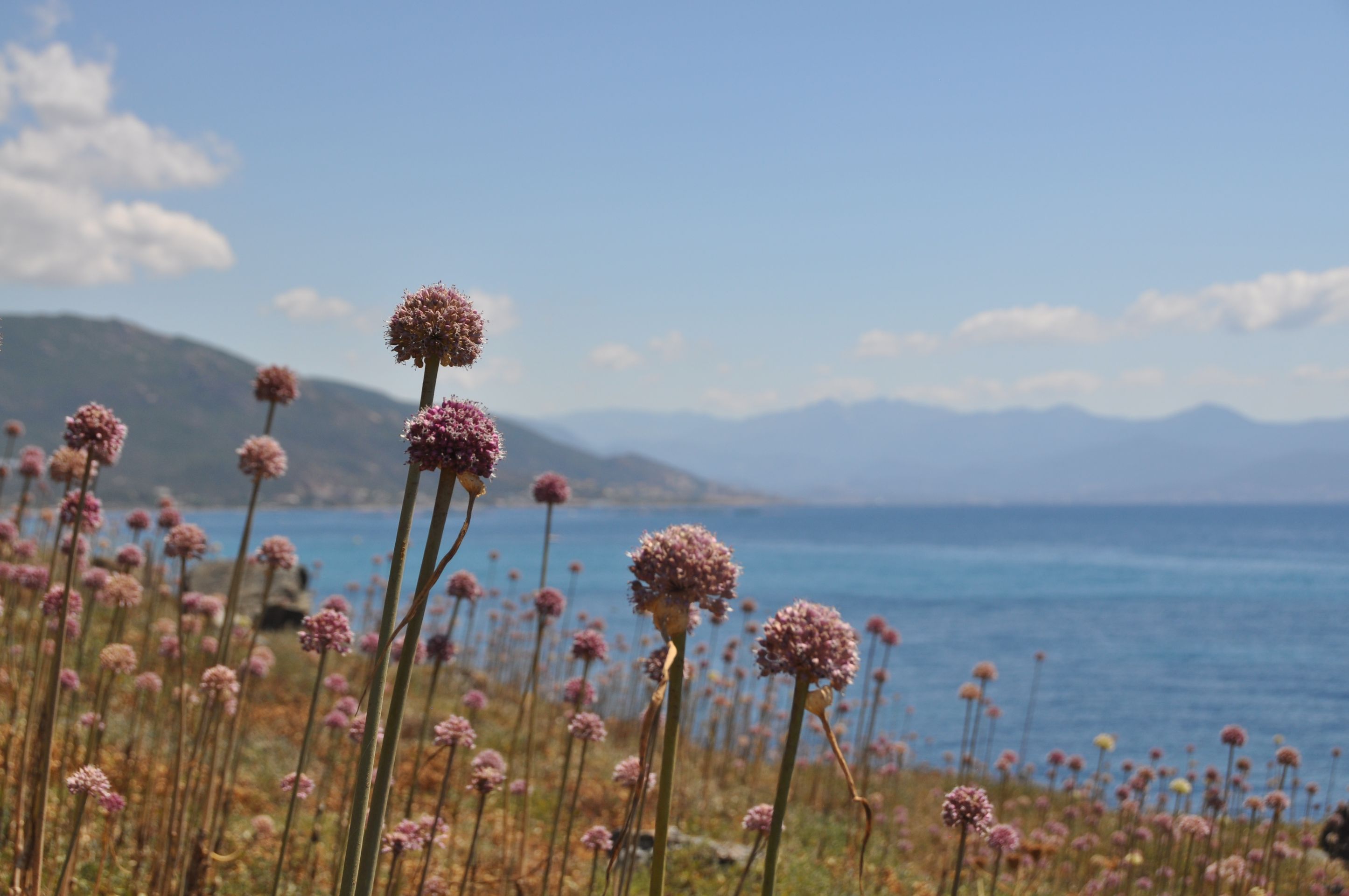We are young again
פֿאַרעפֿנטלעכט: 02.08.2024
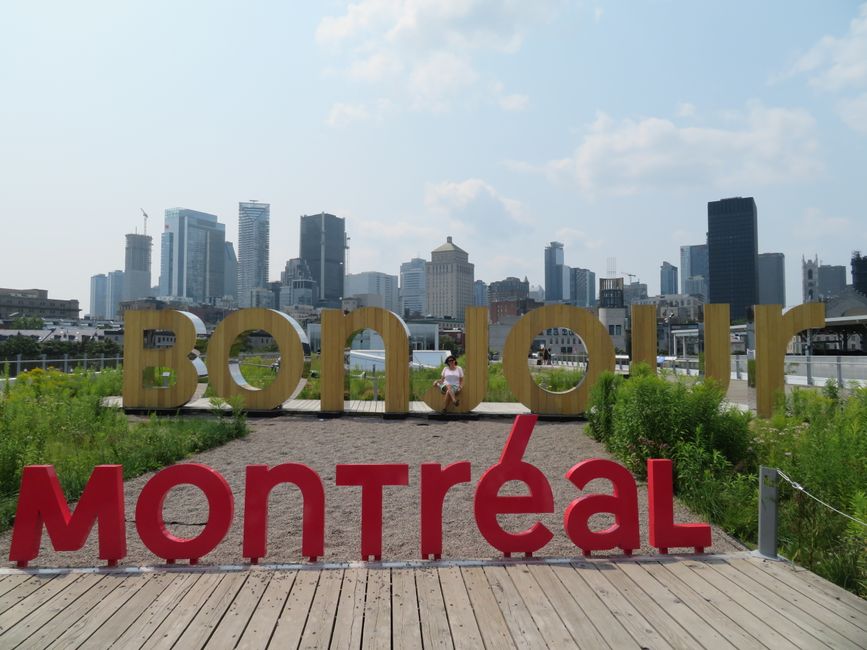
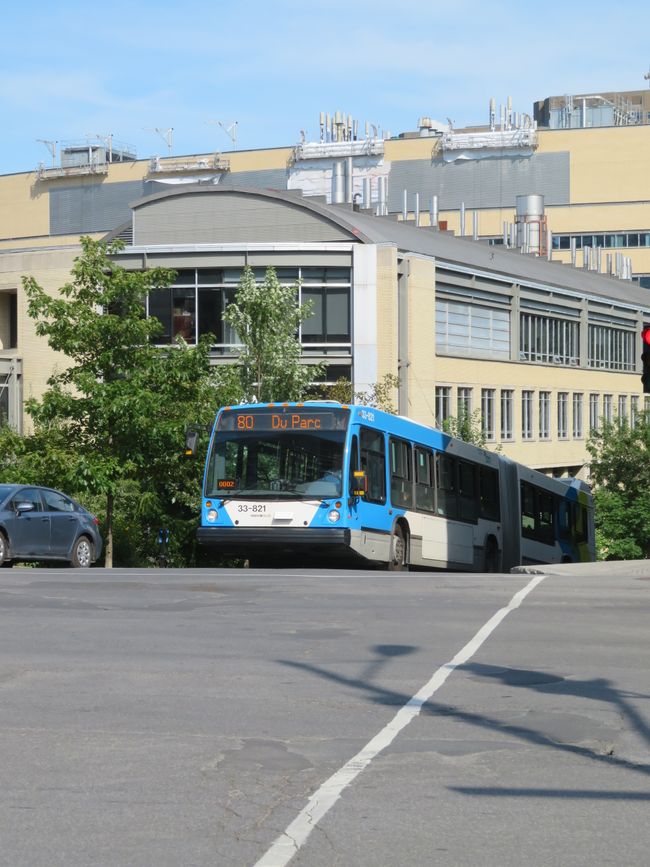
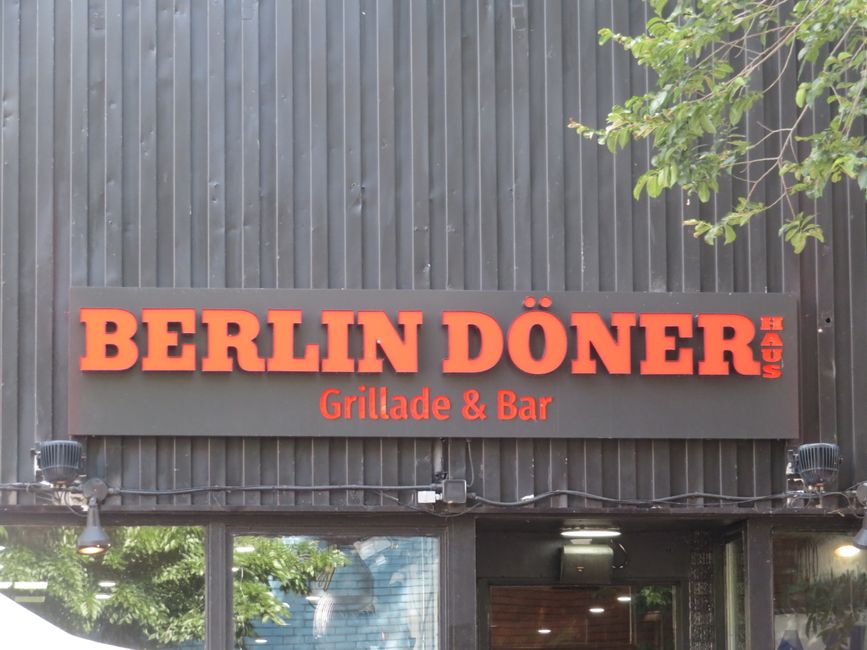
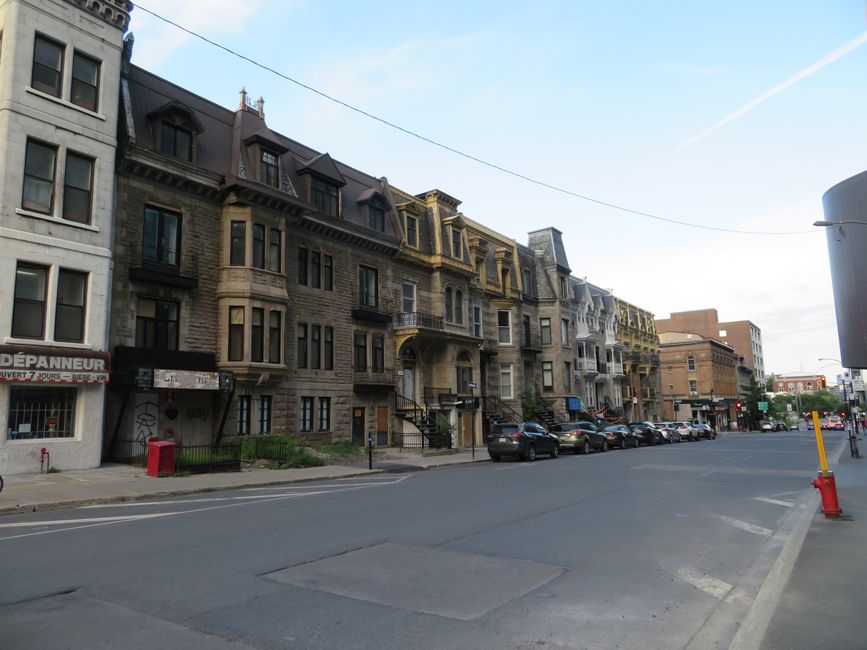
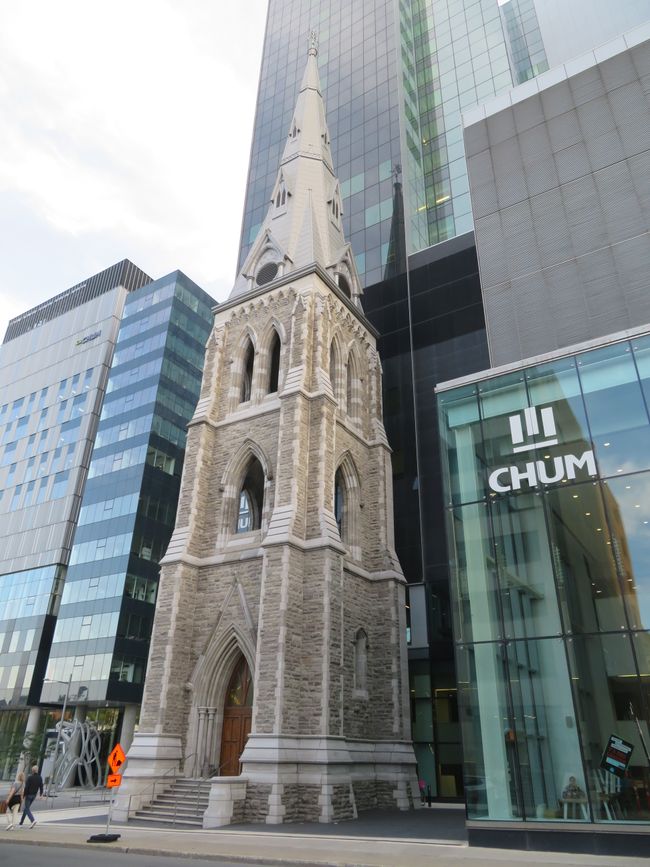
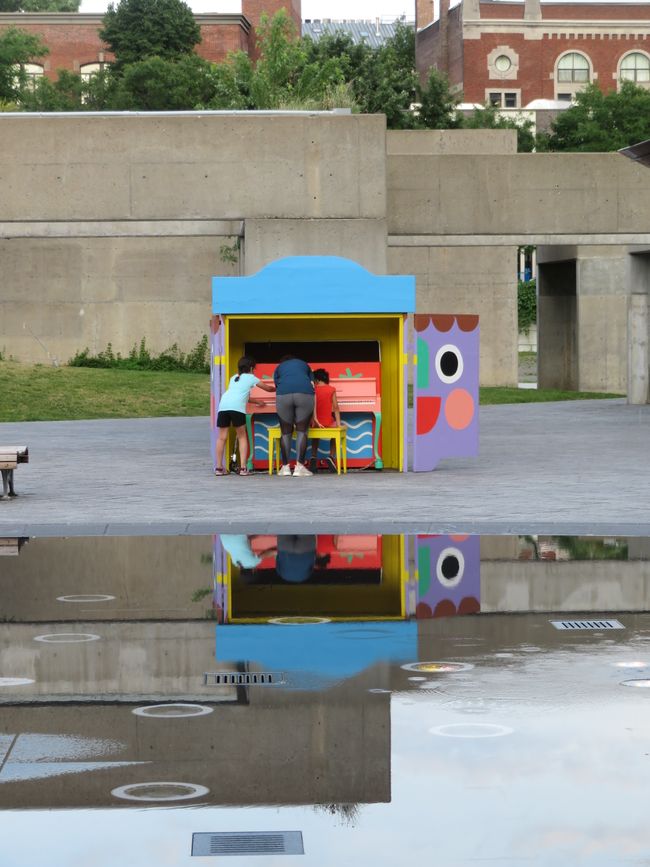
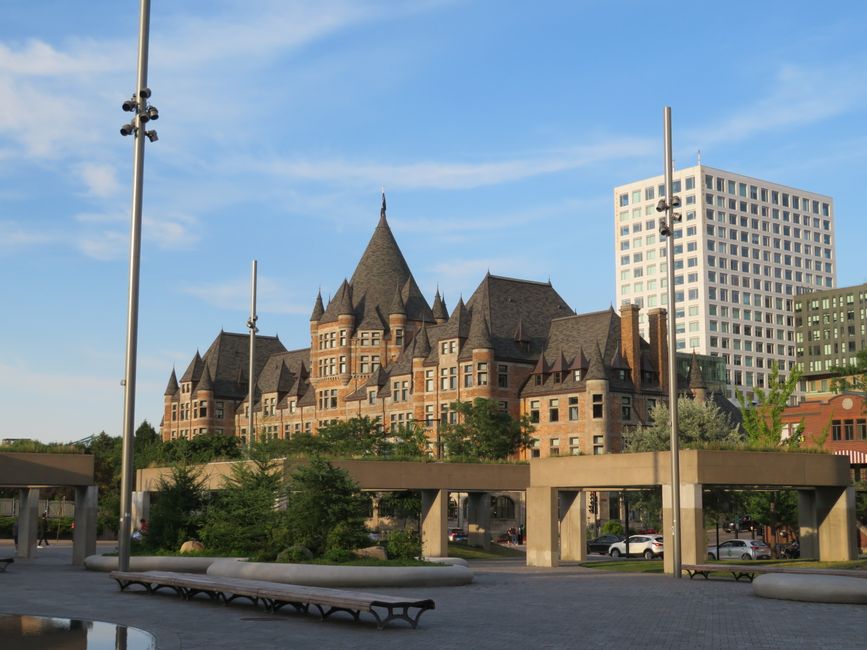
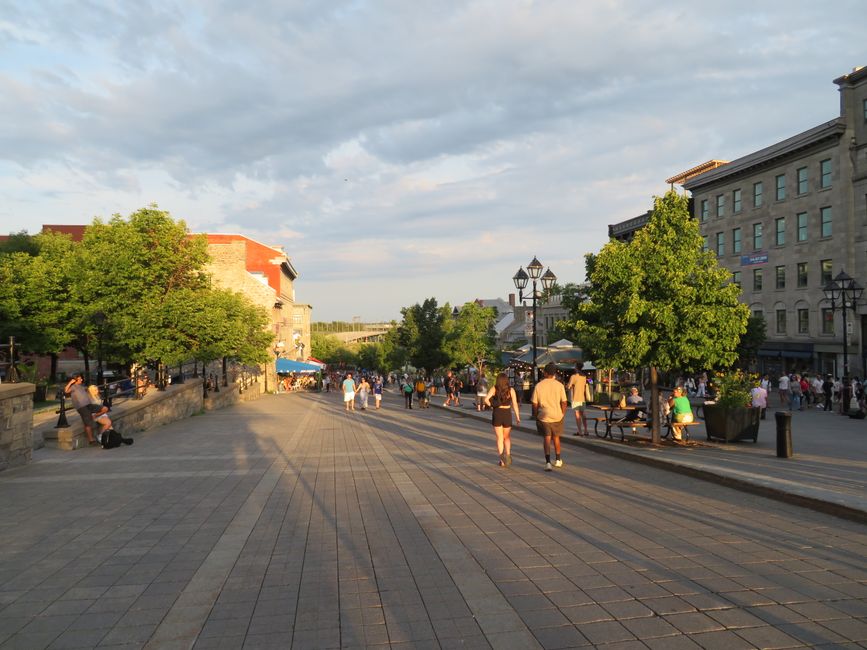
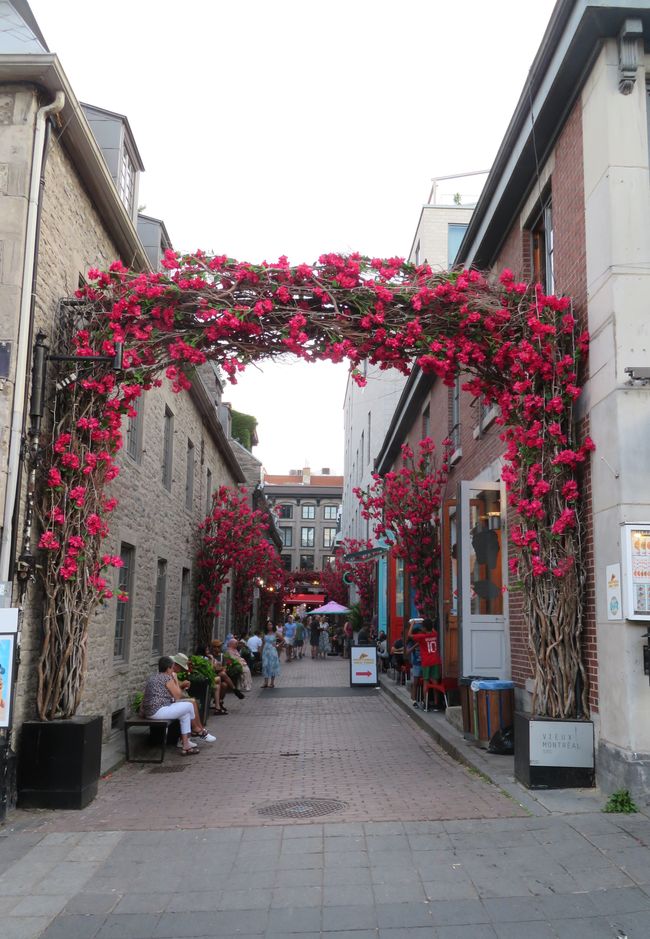
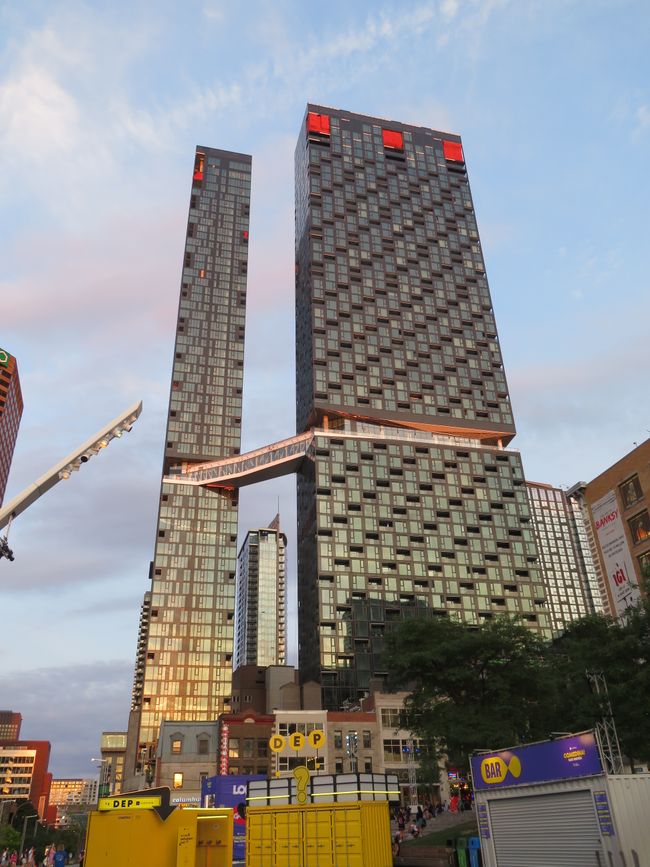
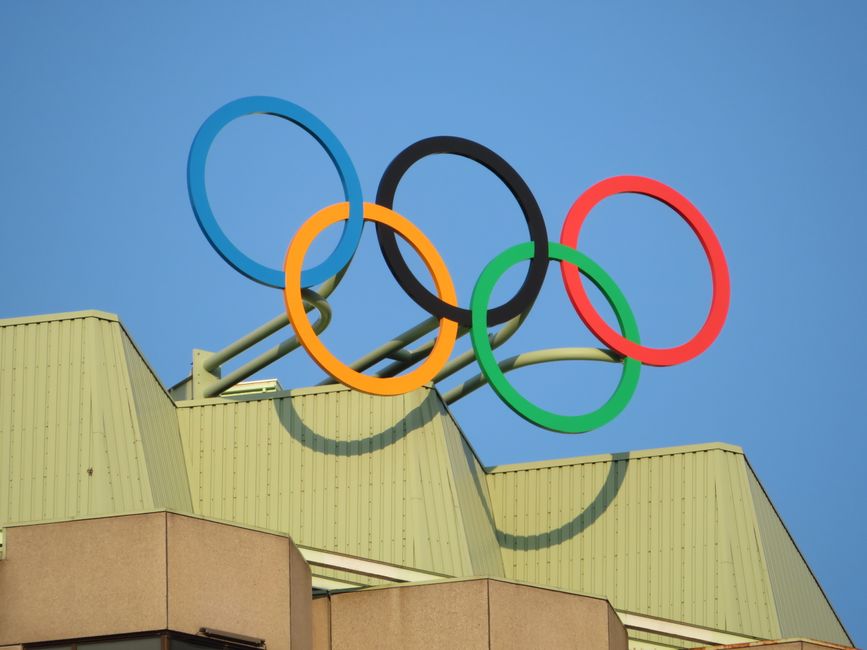
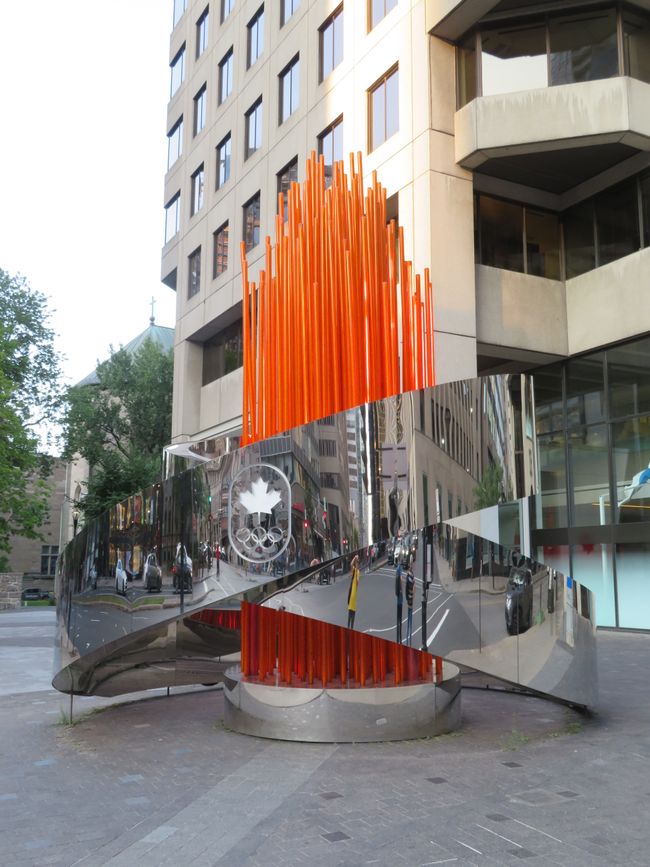
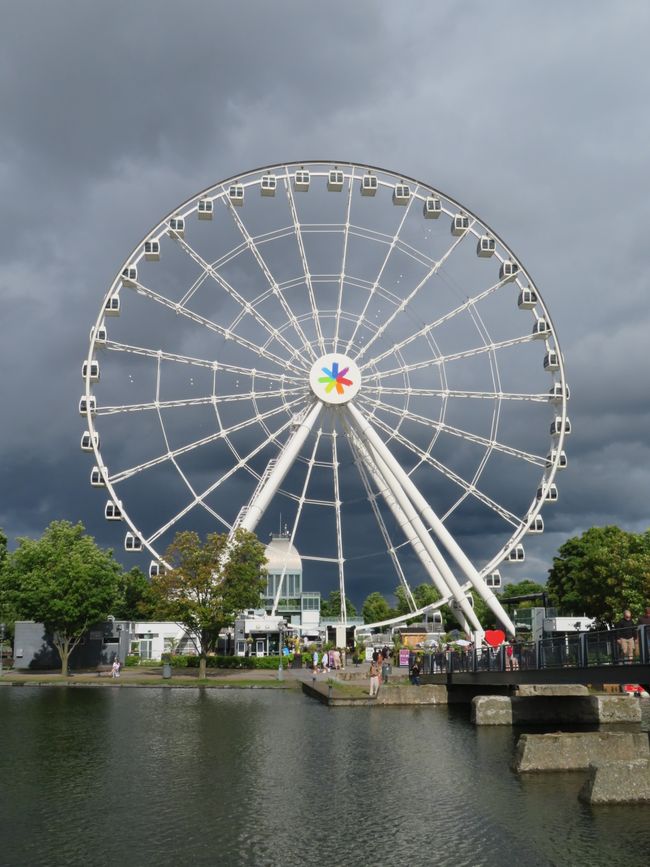
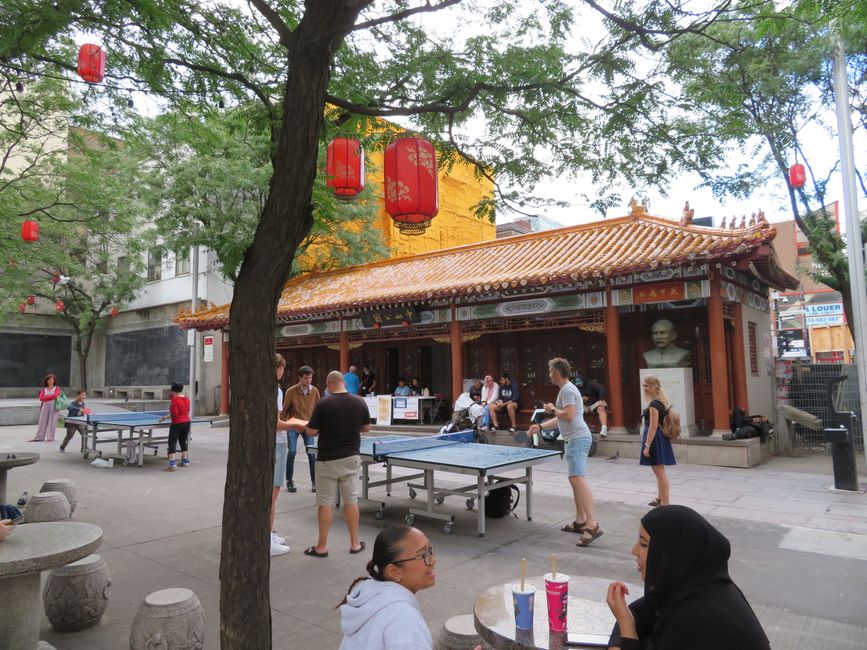
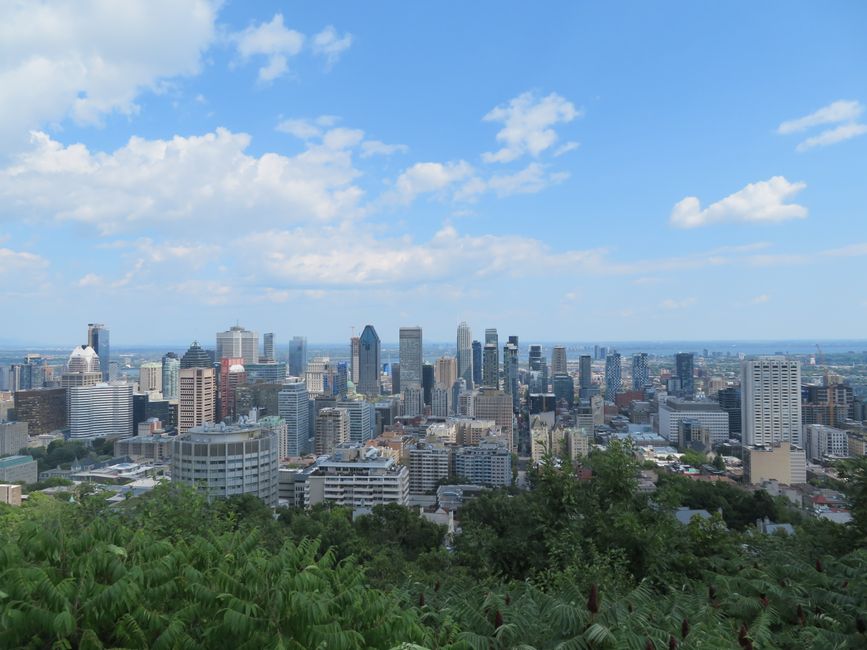
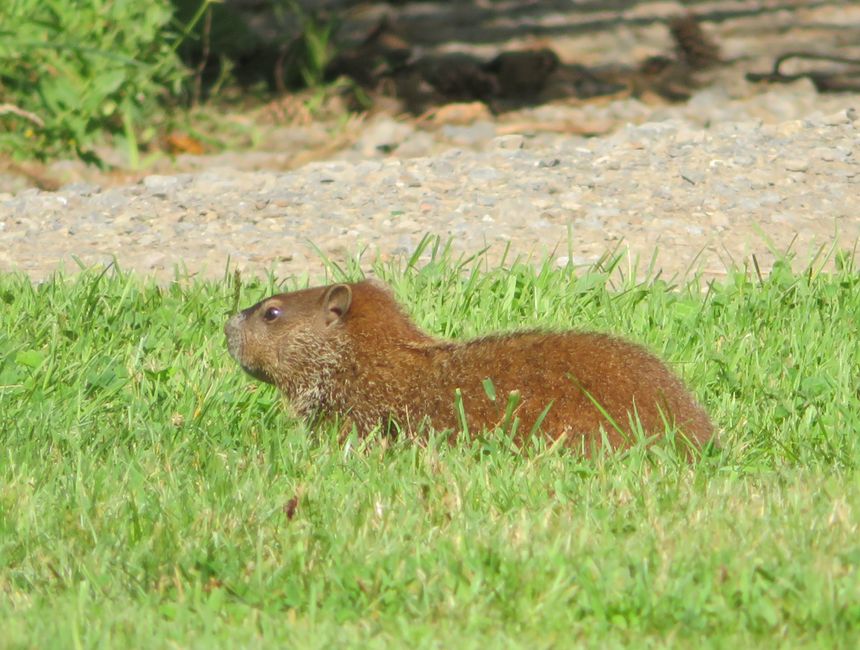

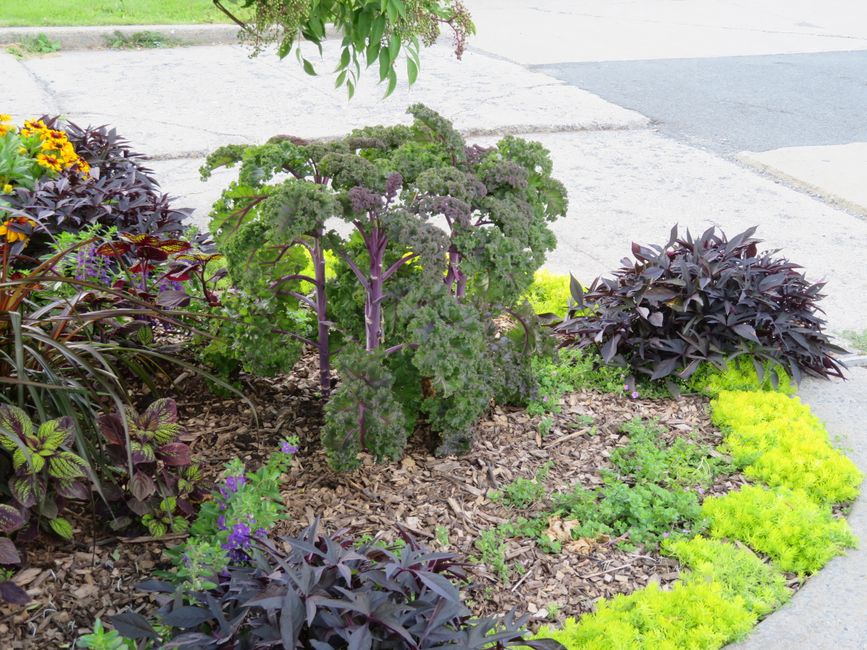
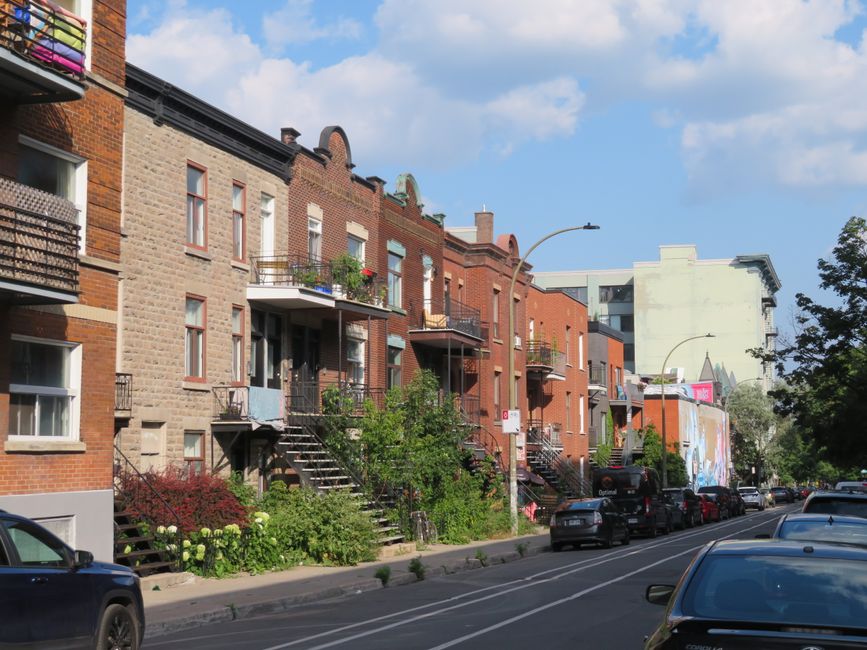
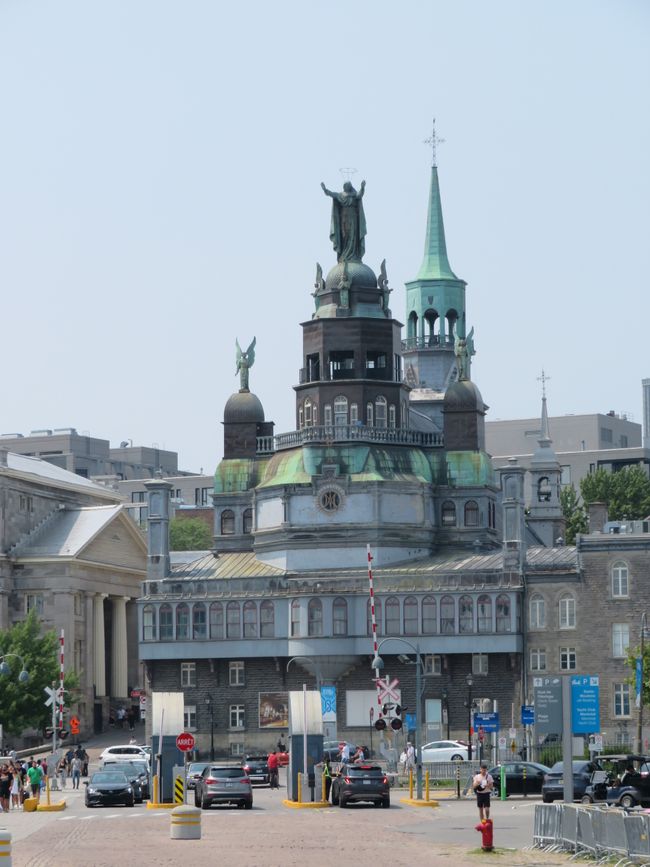
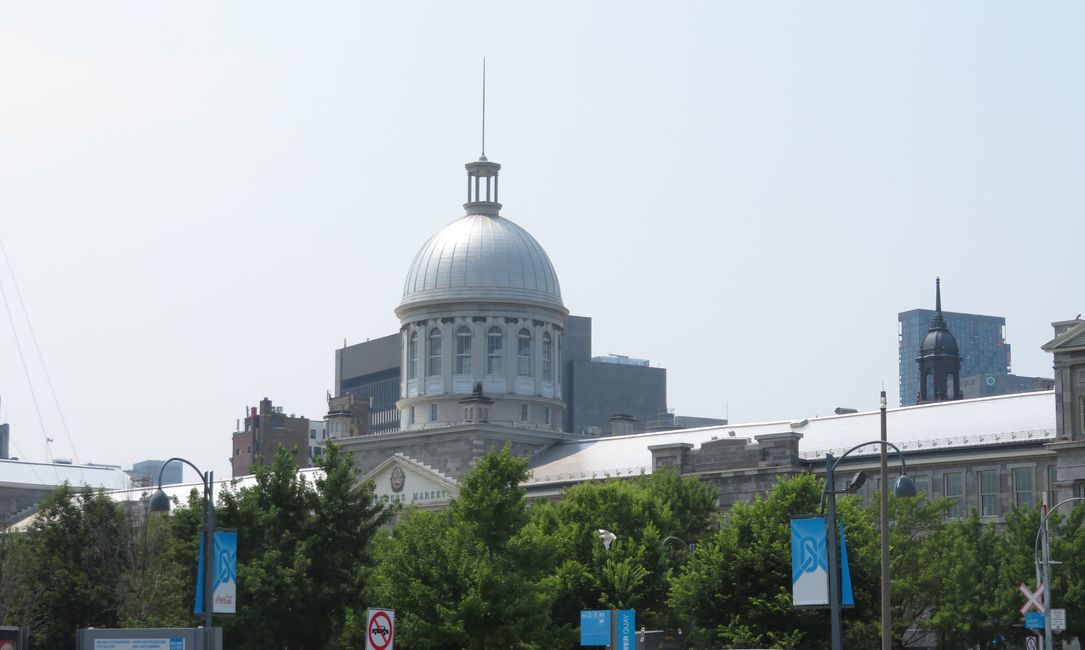
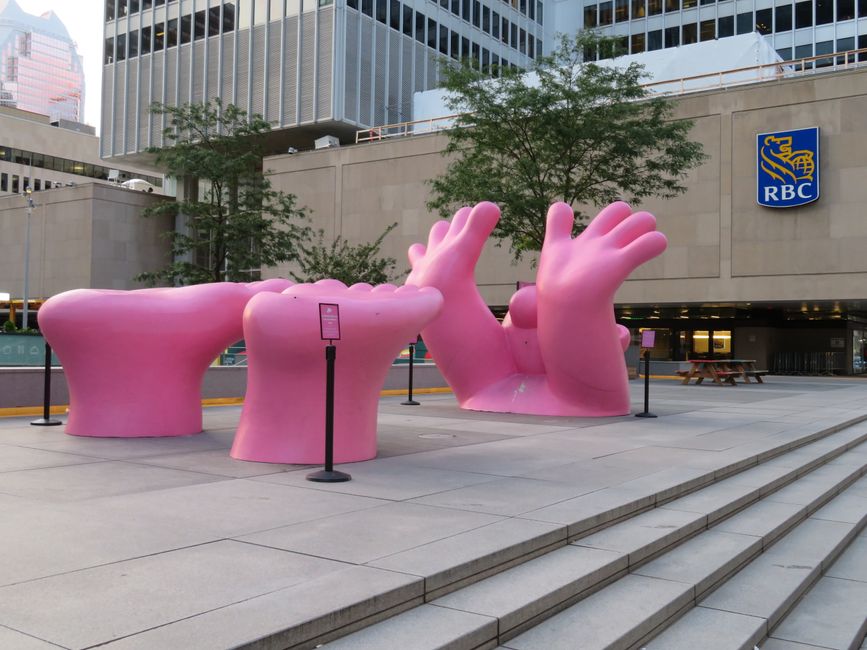
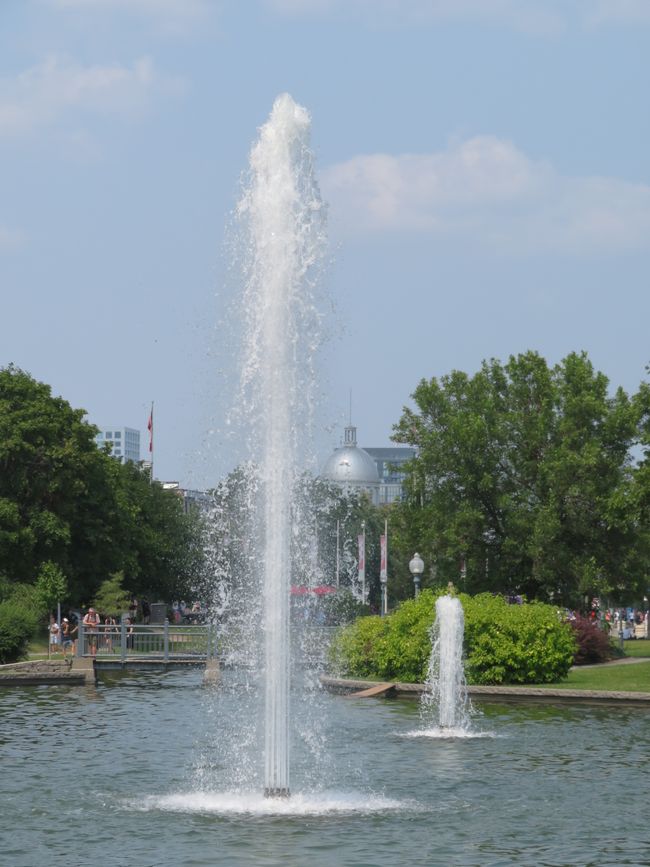
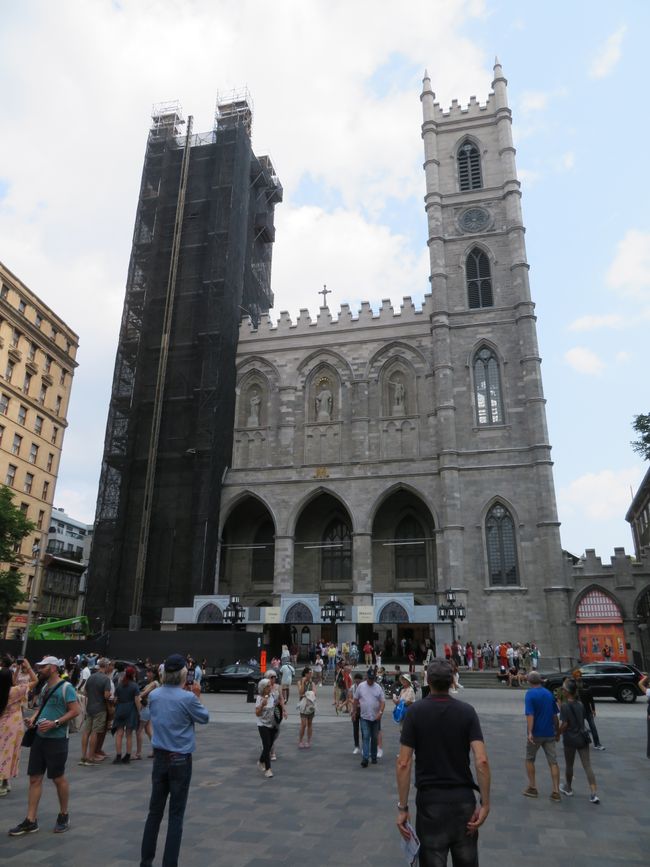
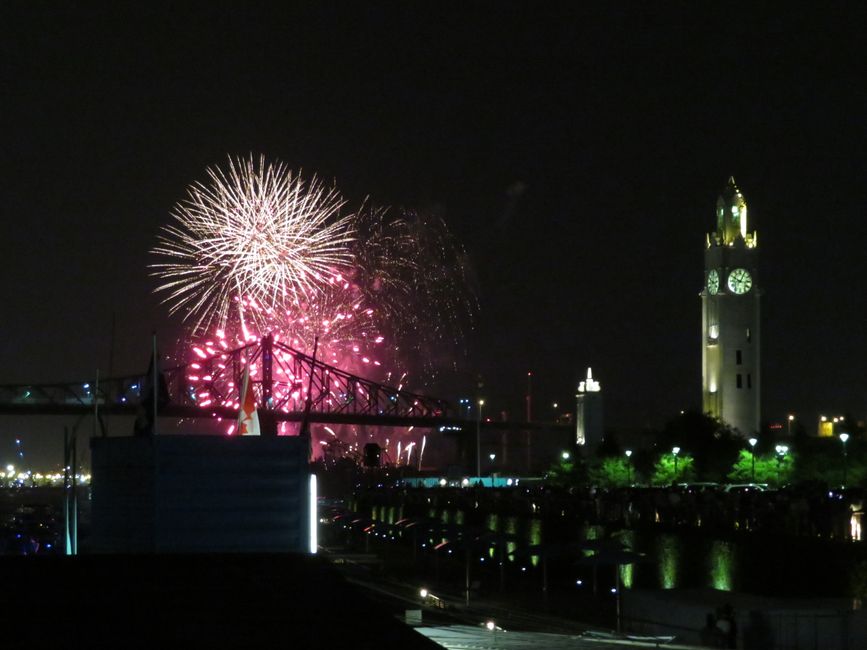
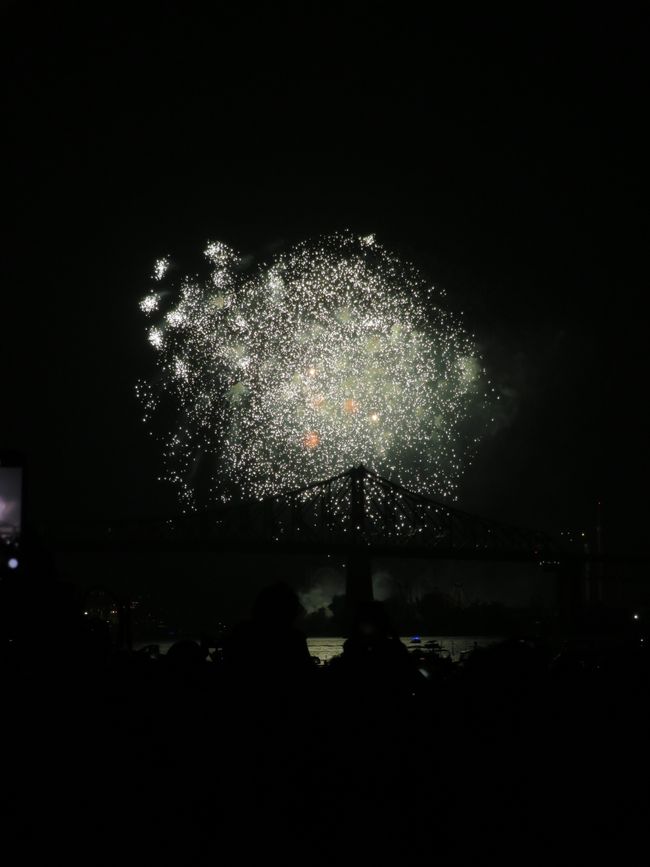
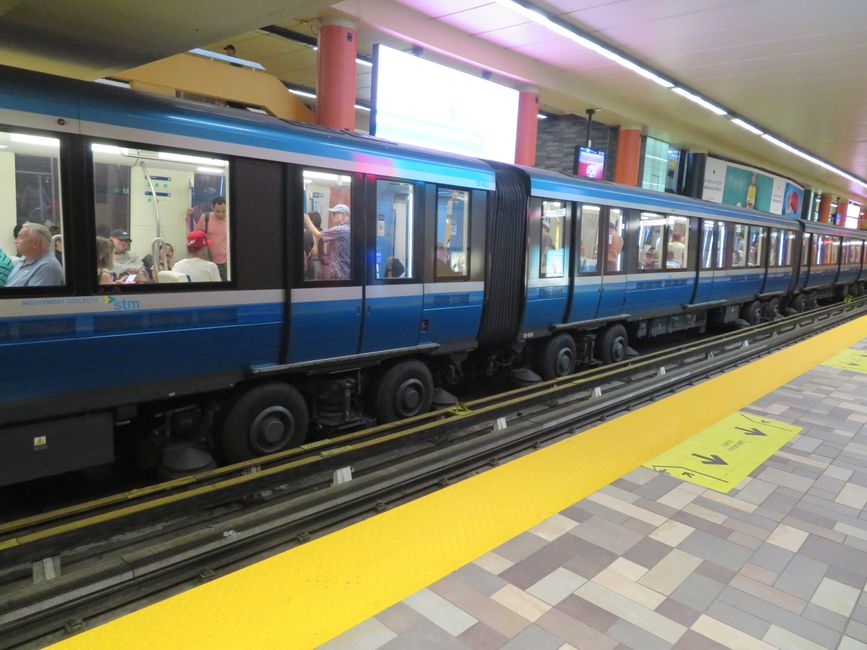
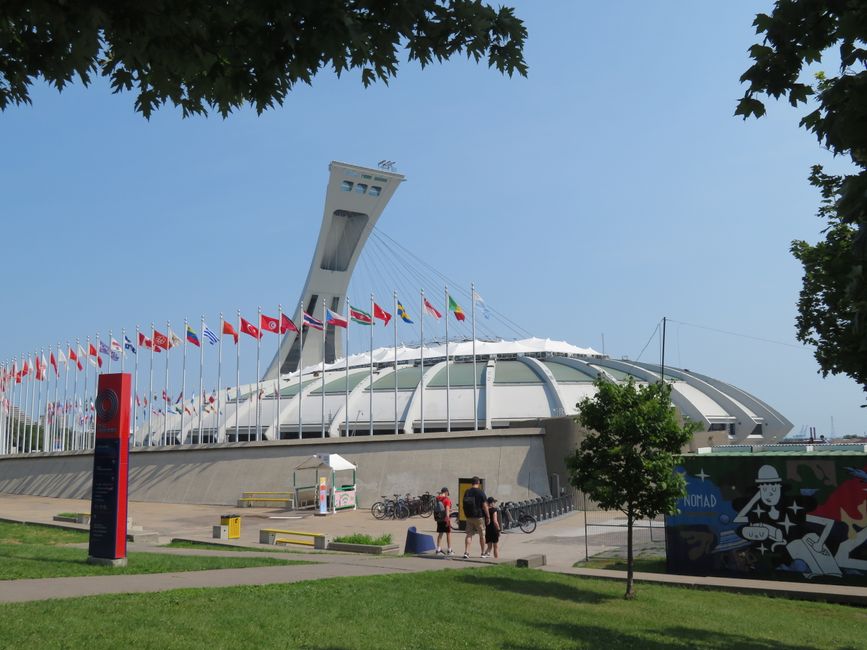
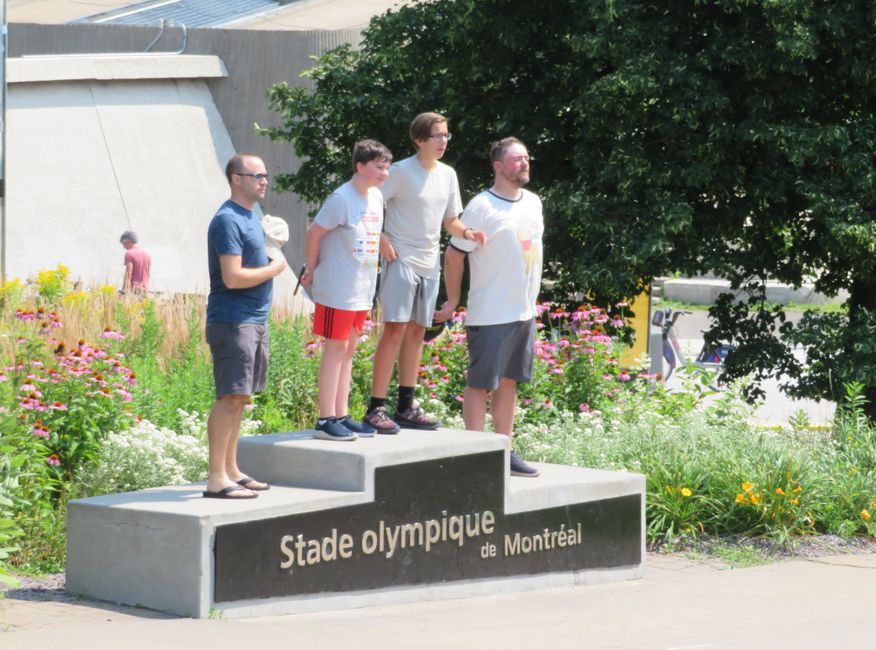
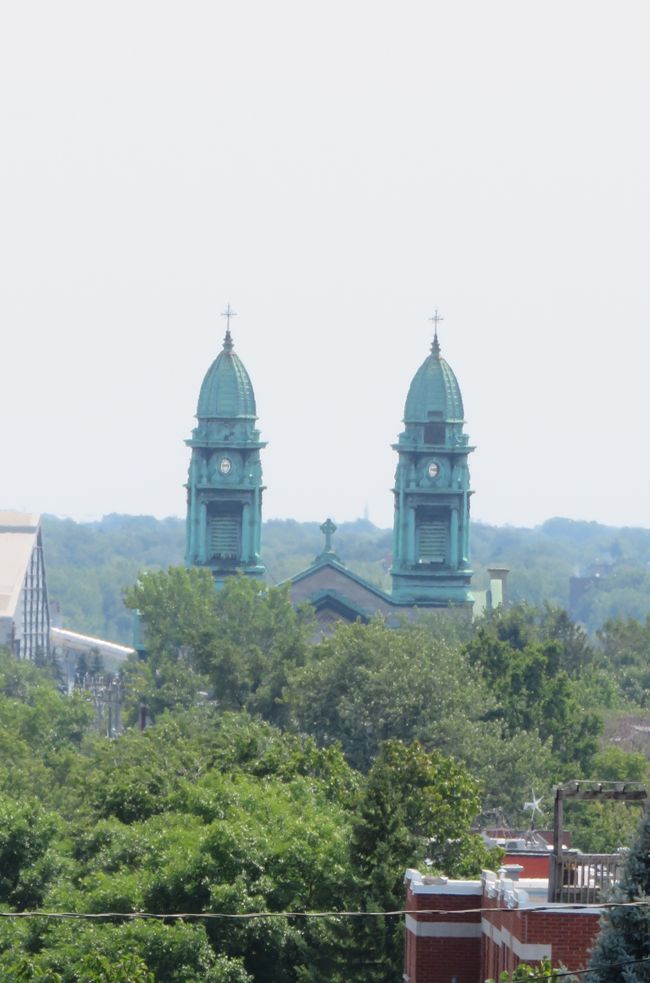

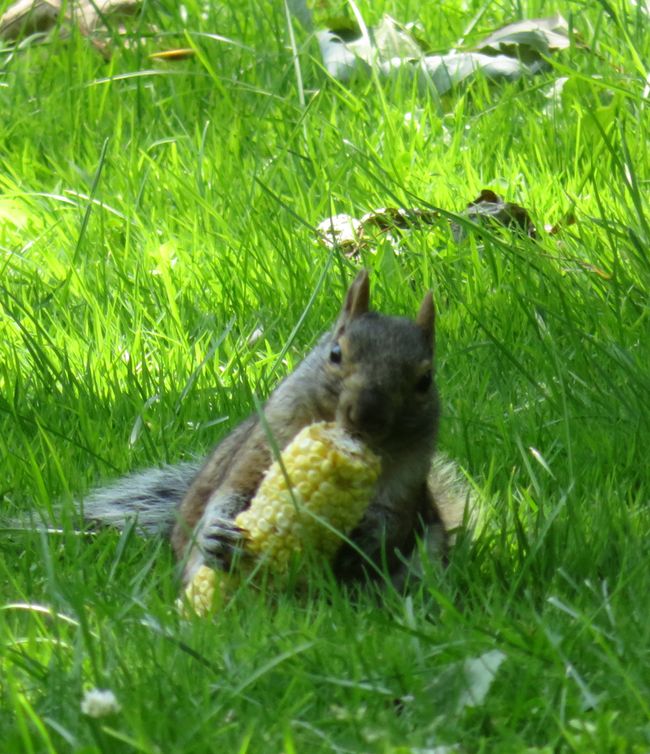
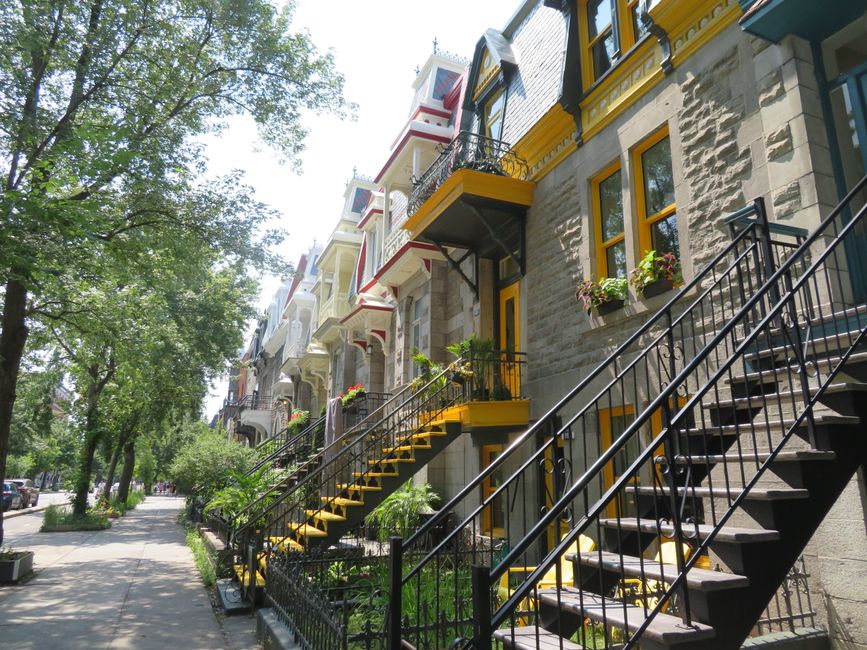
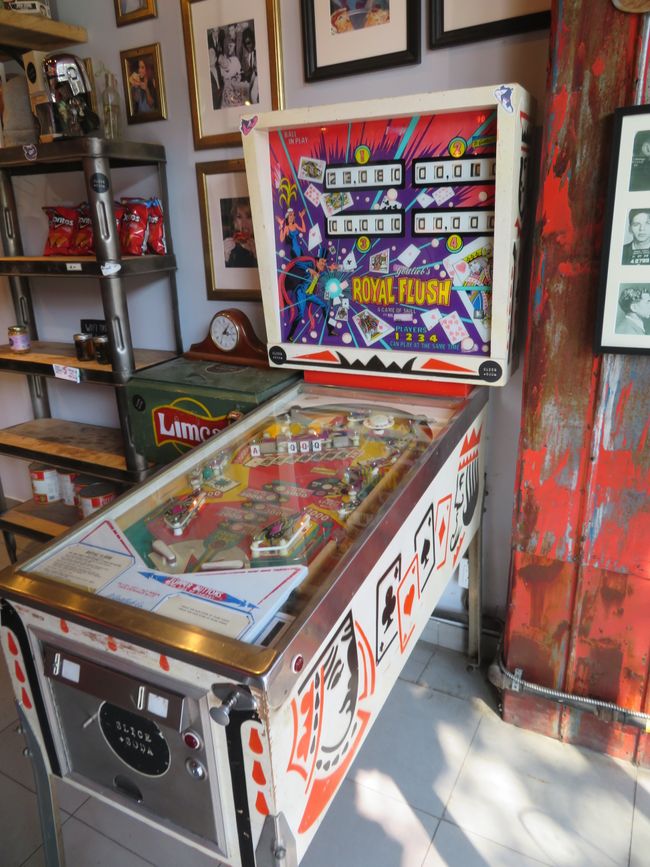
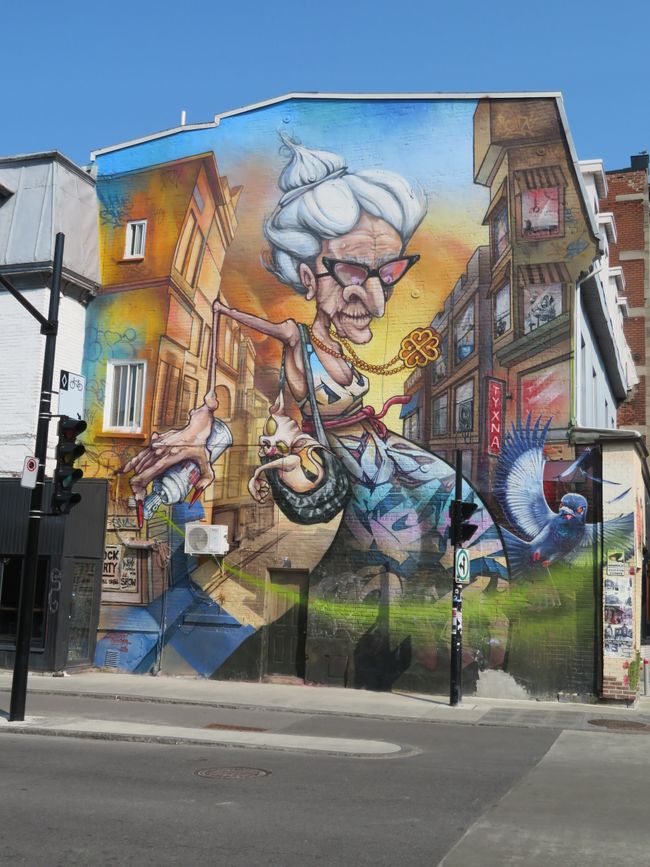
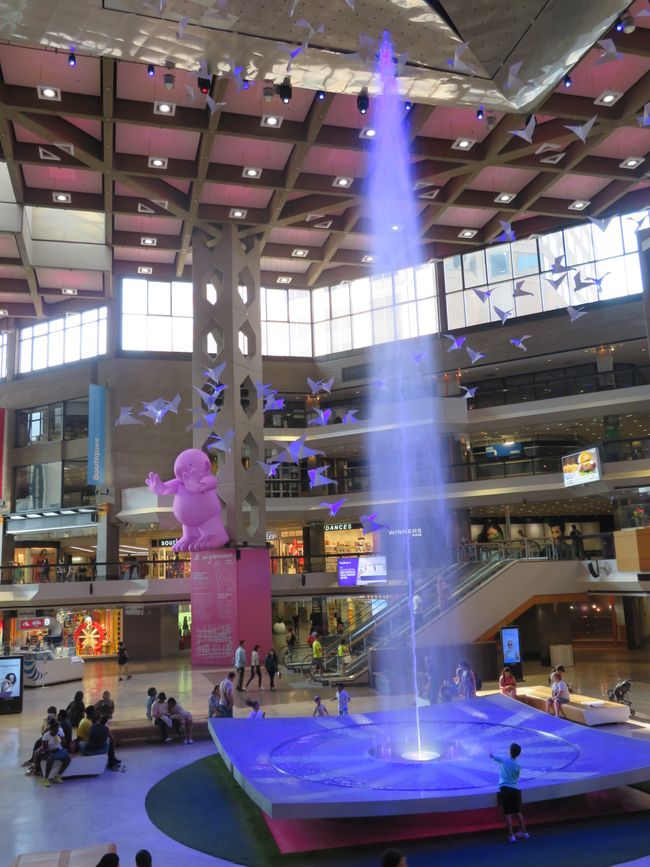
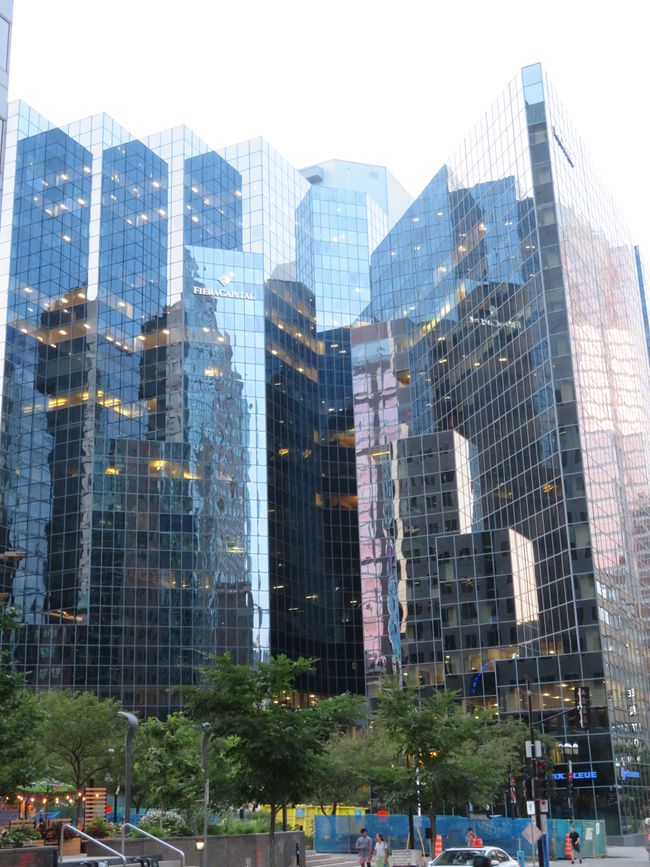
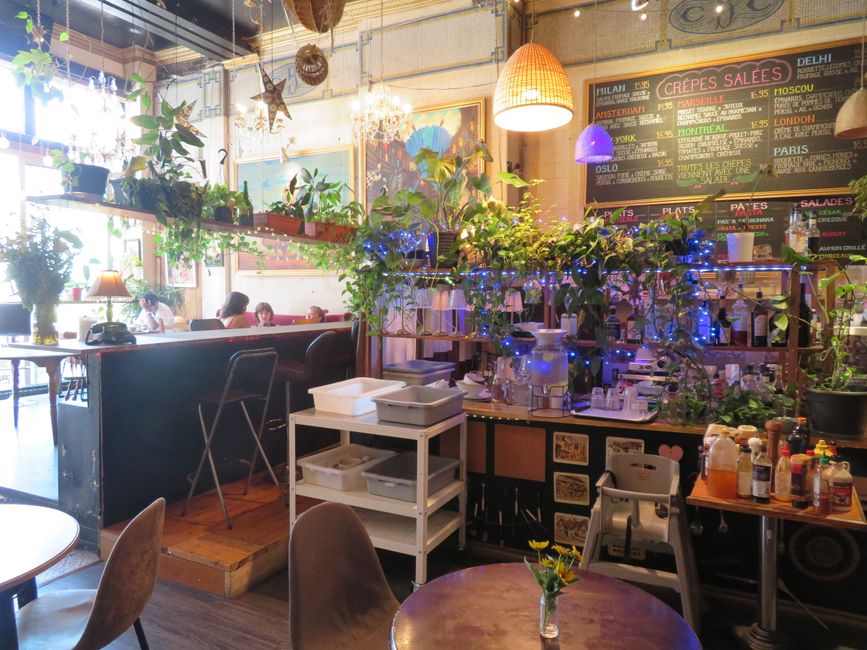
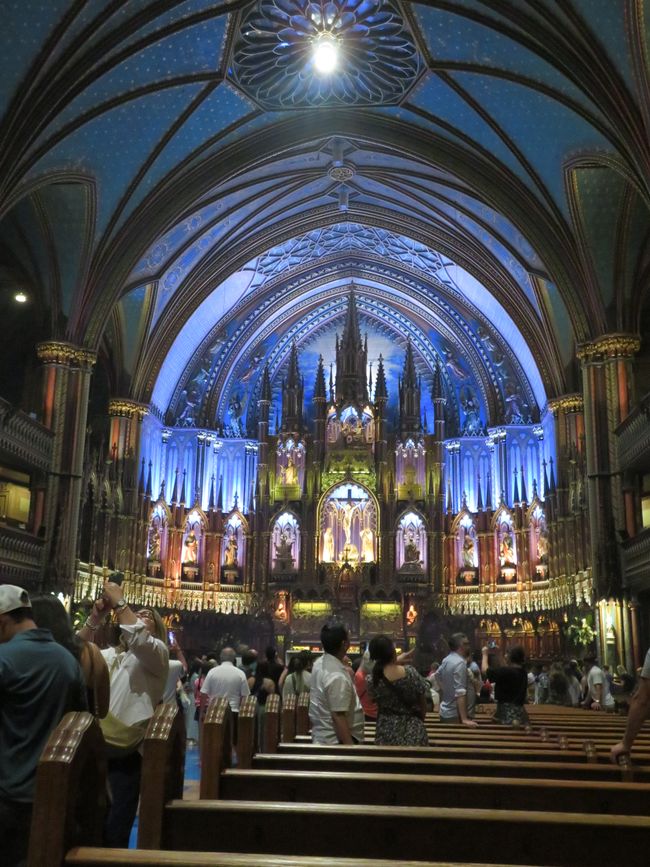
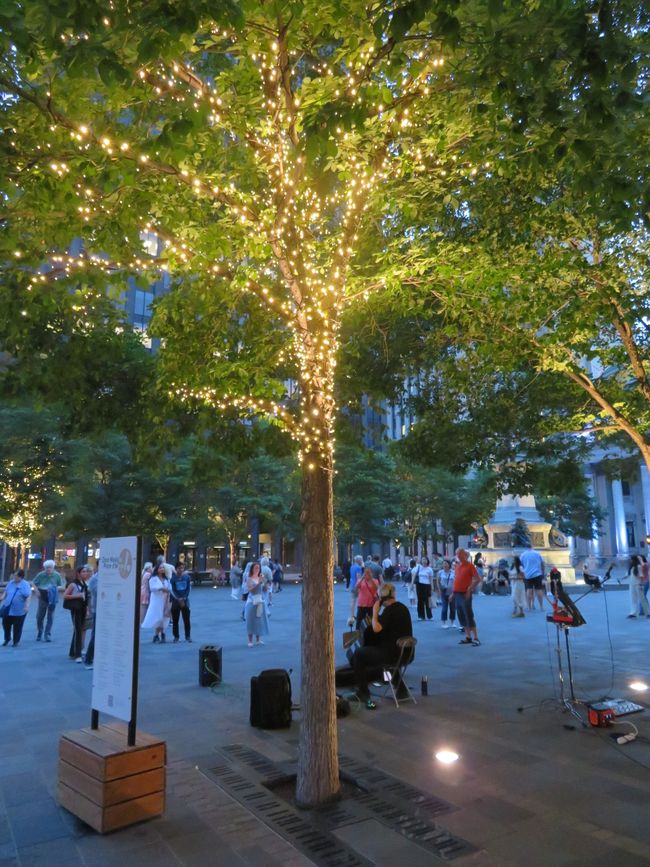
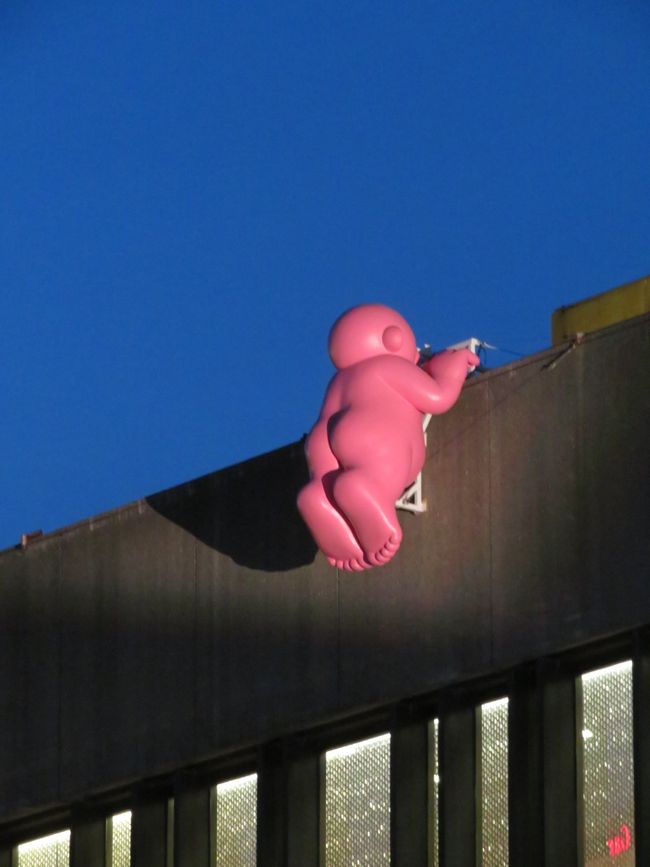
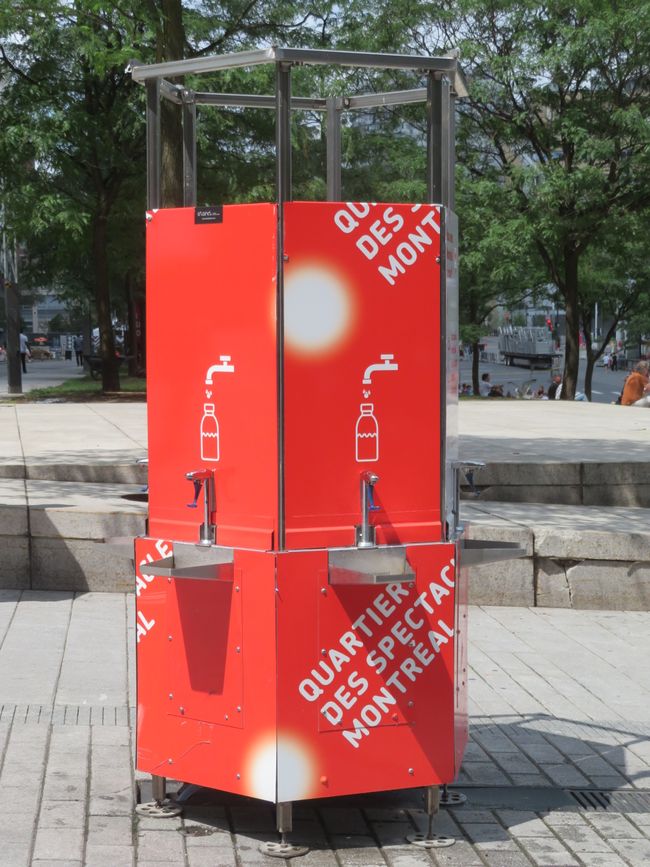
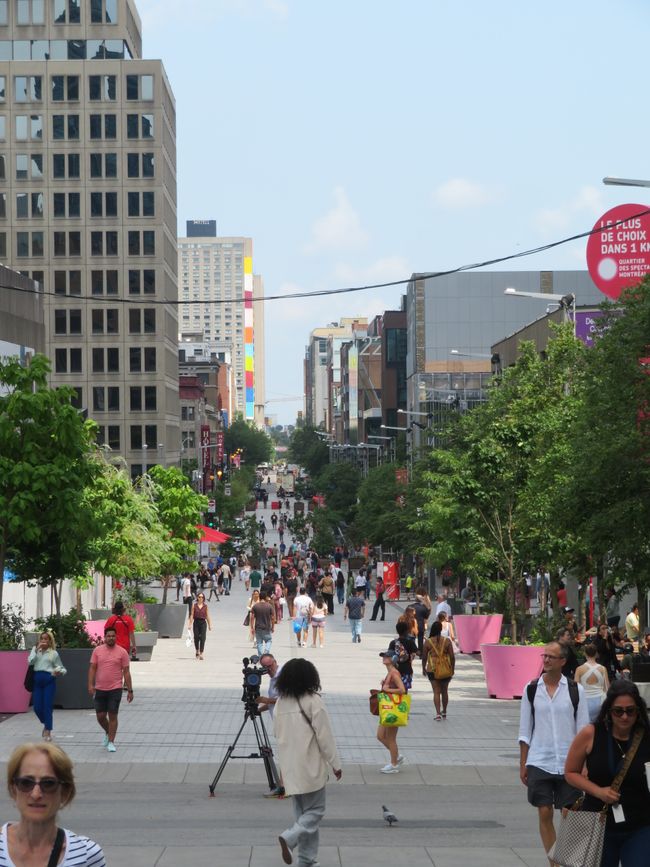
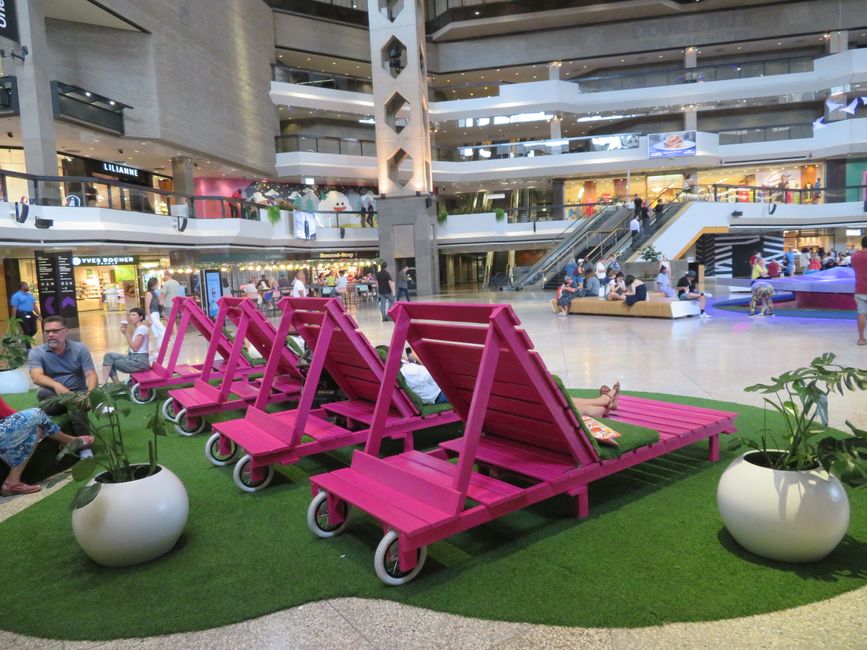
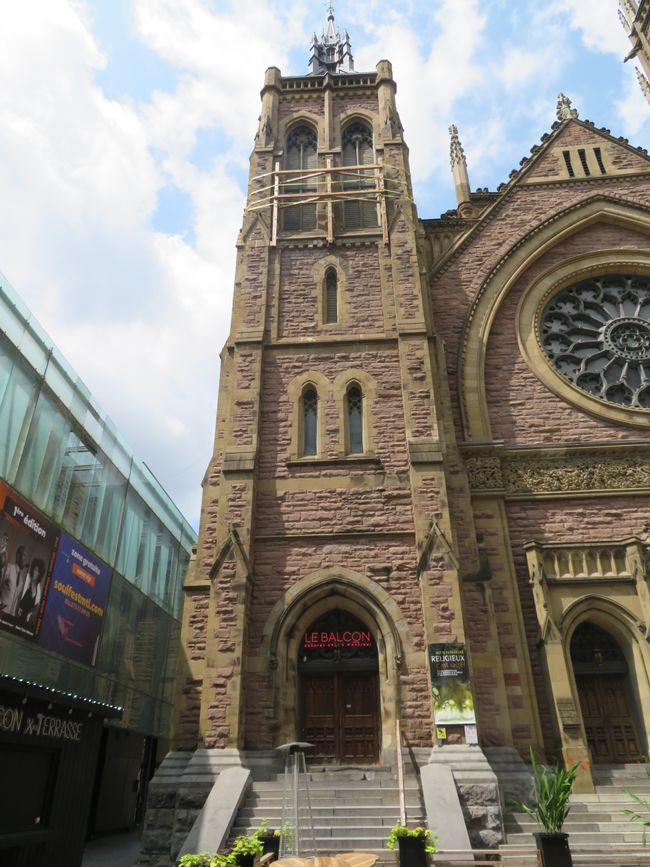
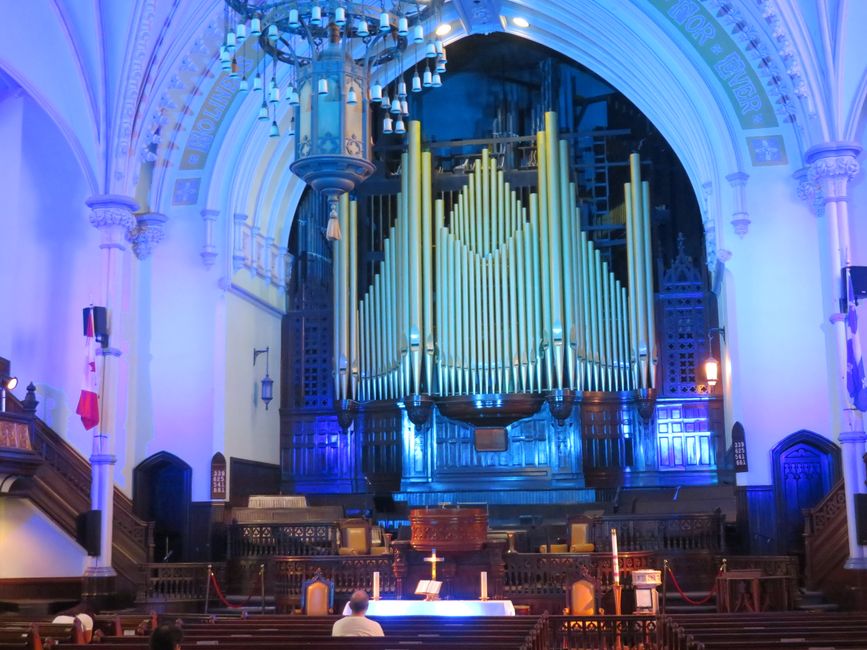
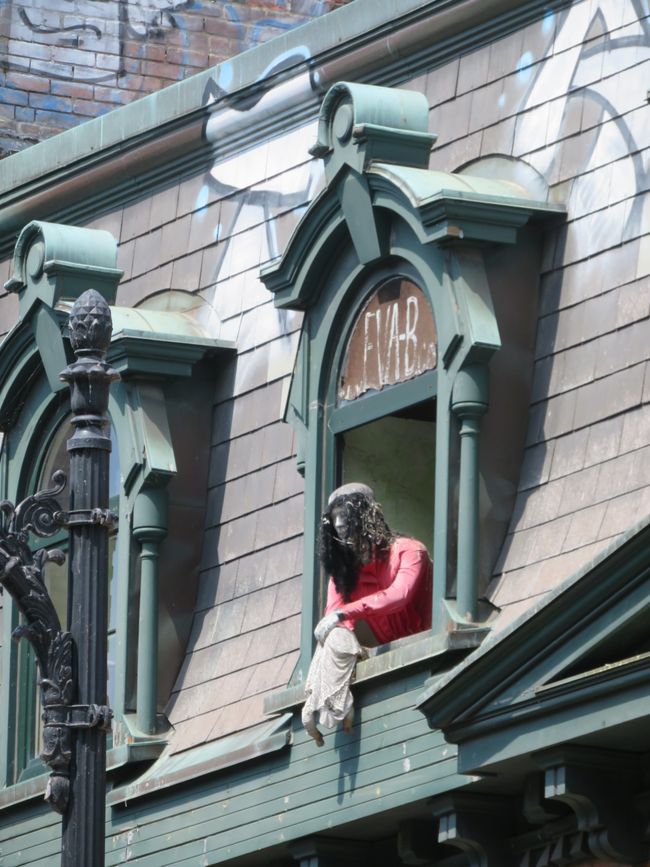
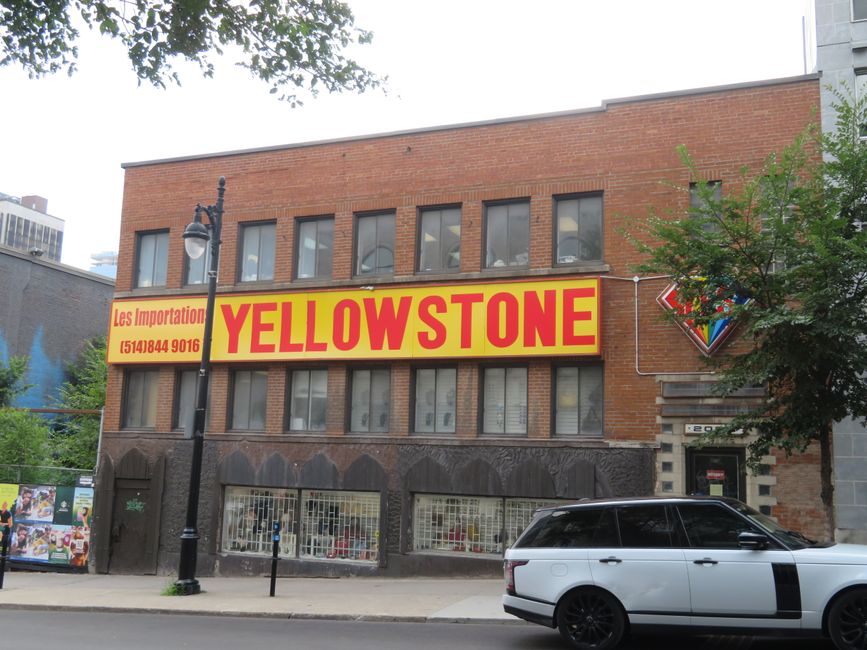
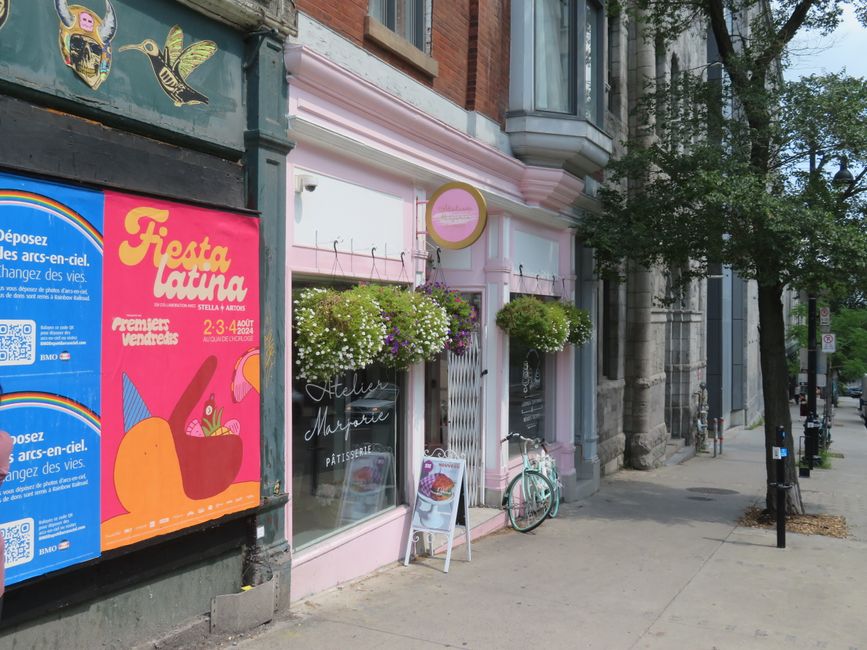
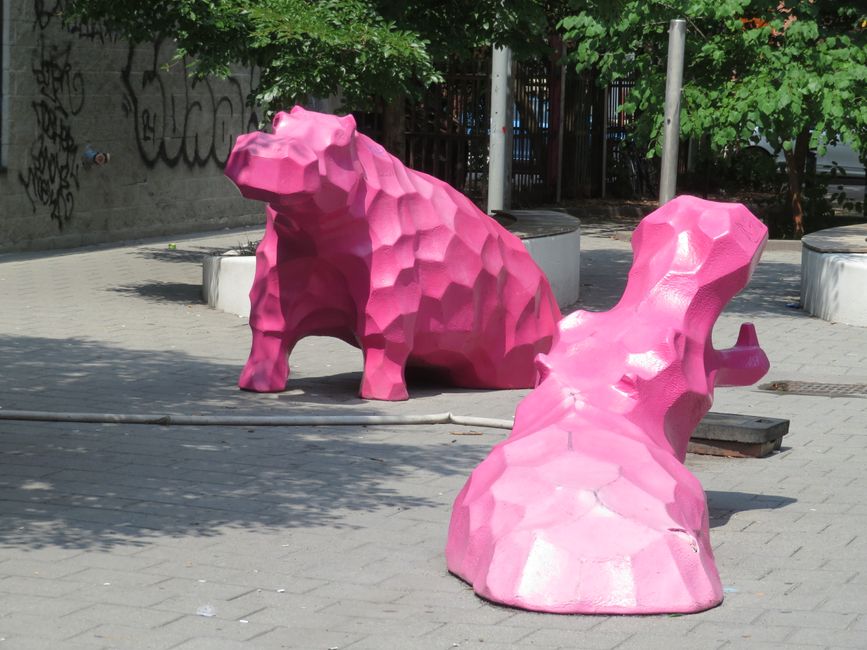
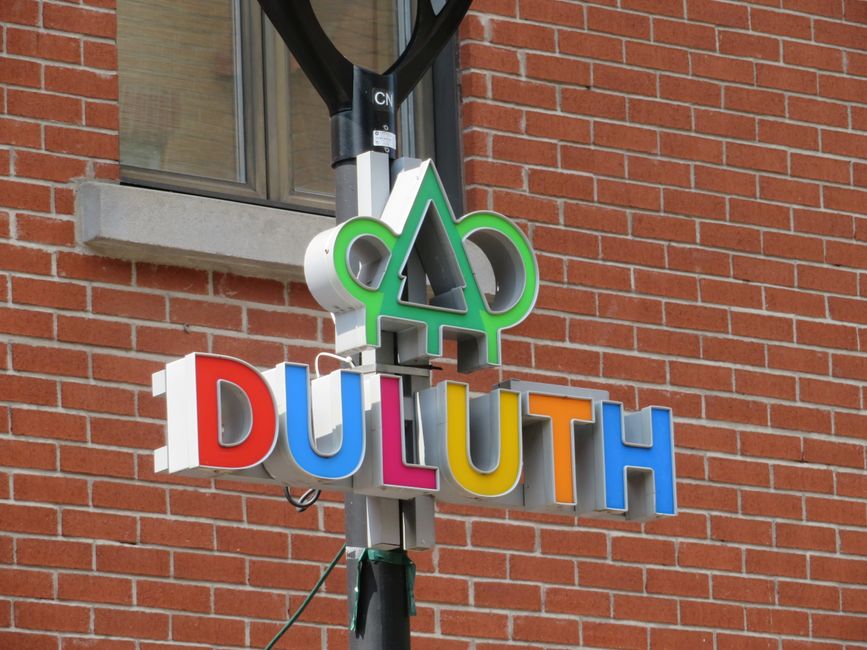
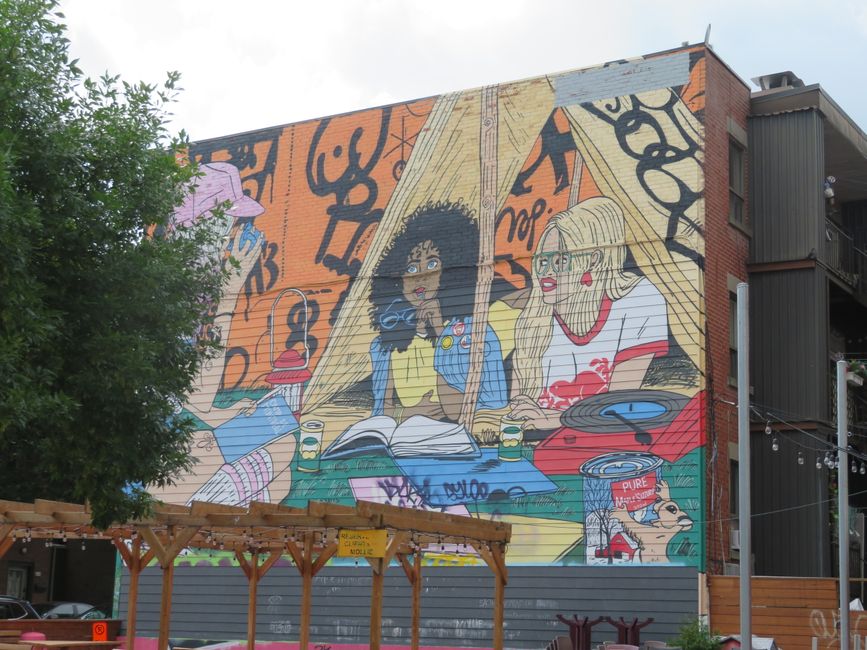
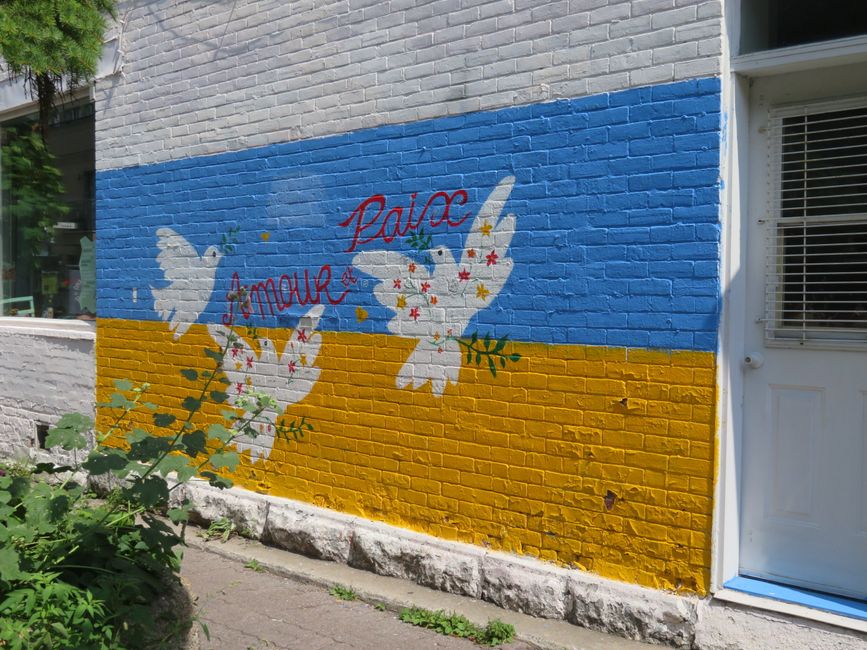
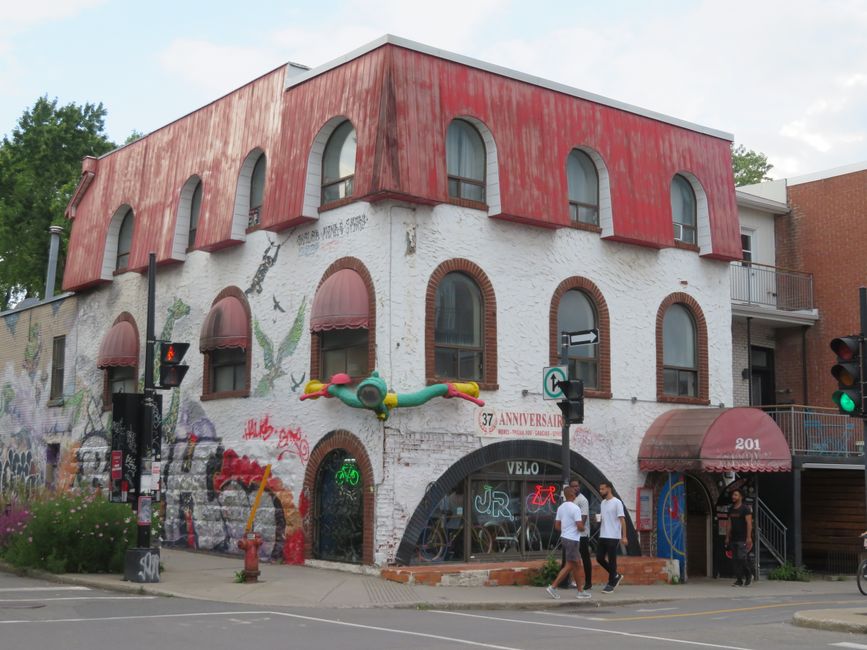
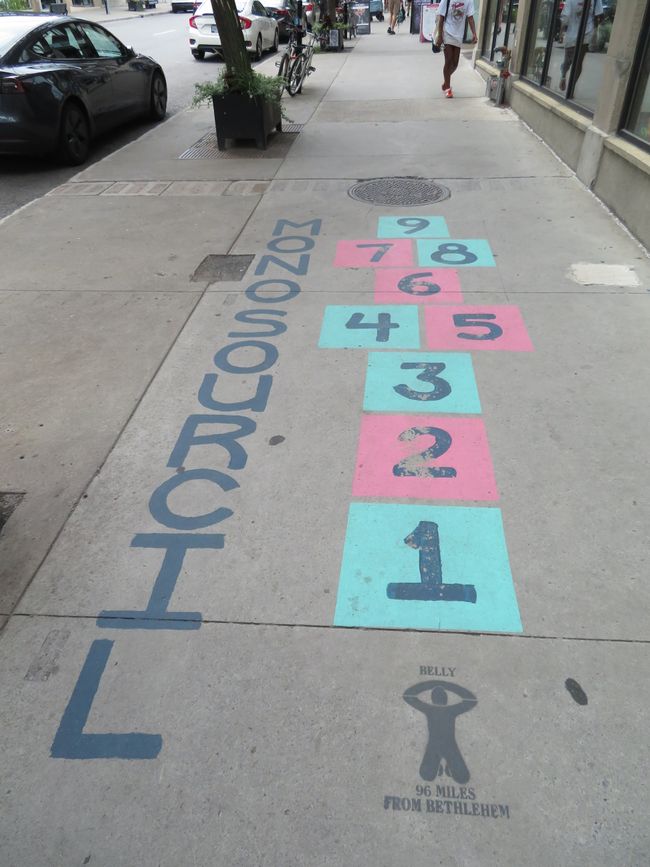
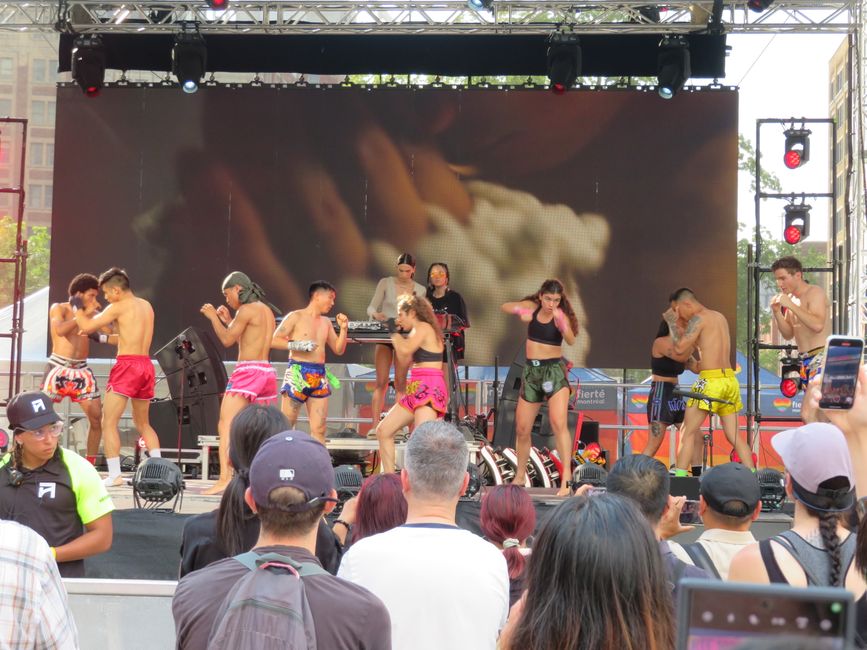
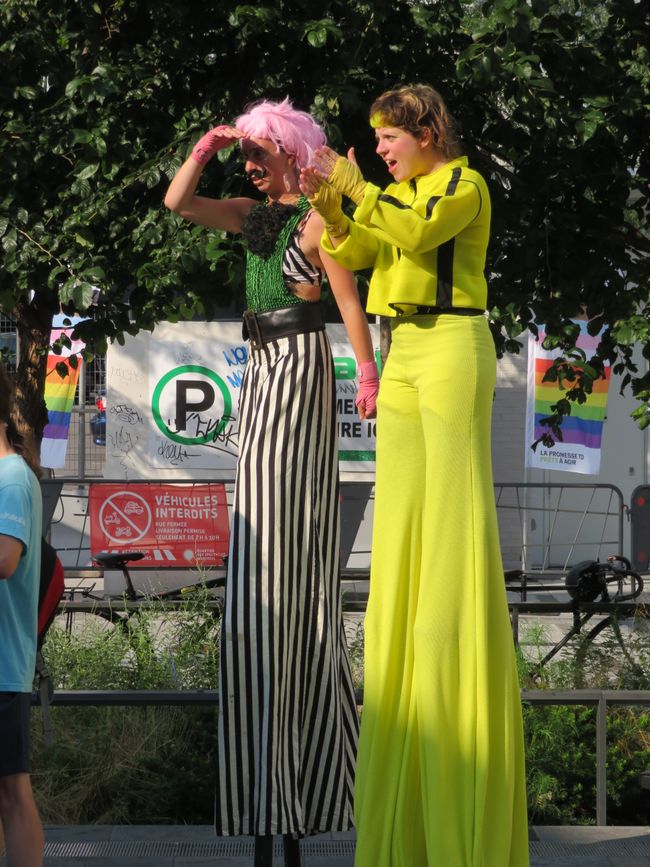
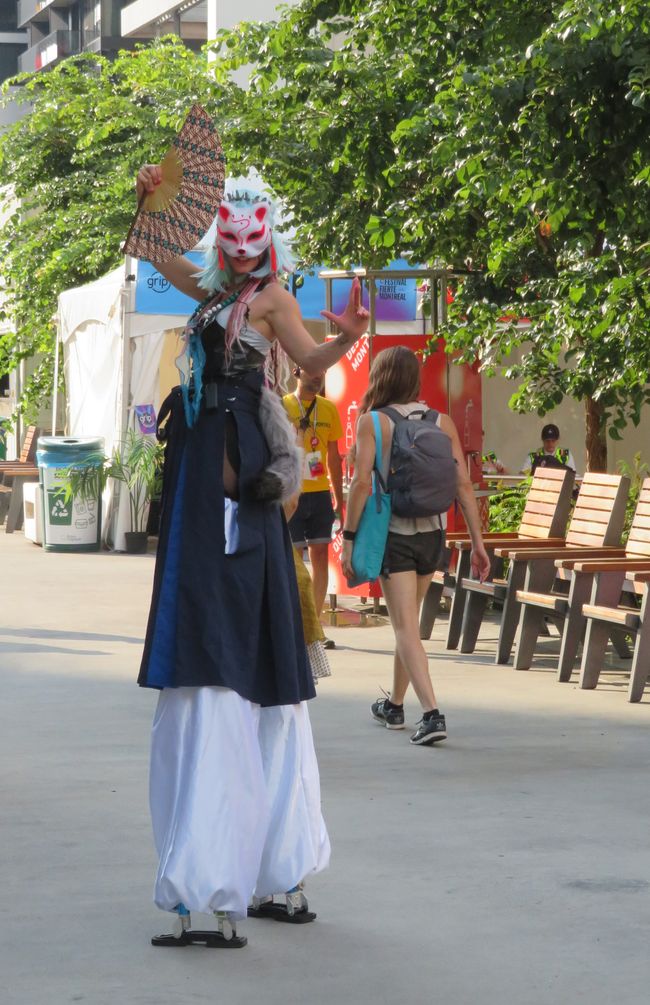
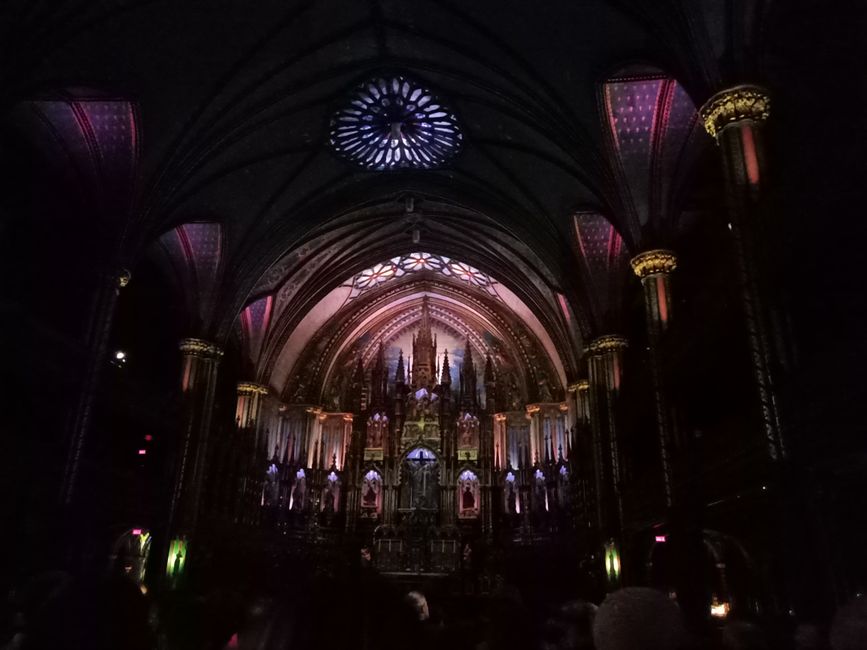
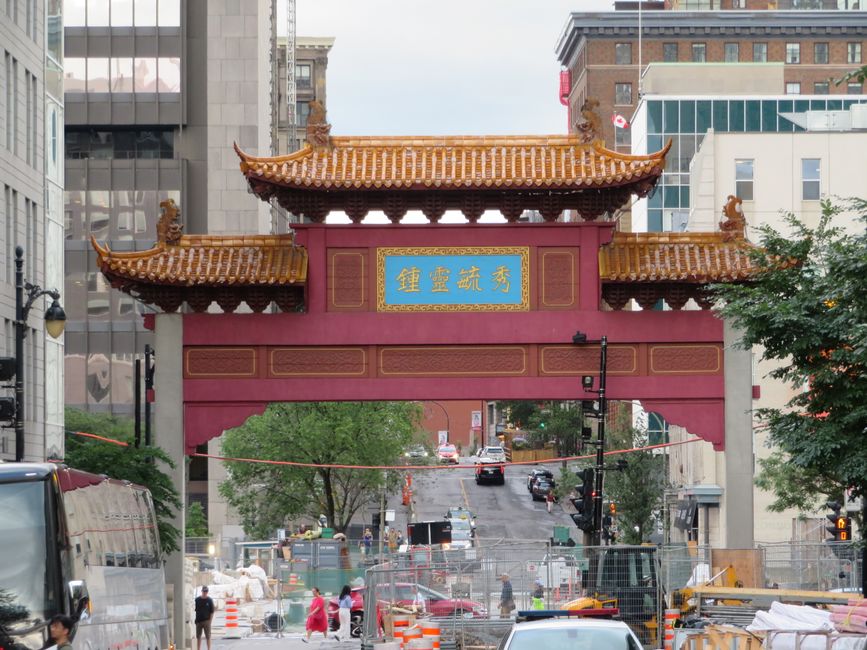
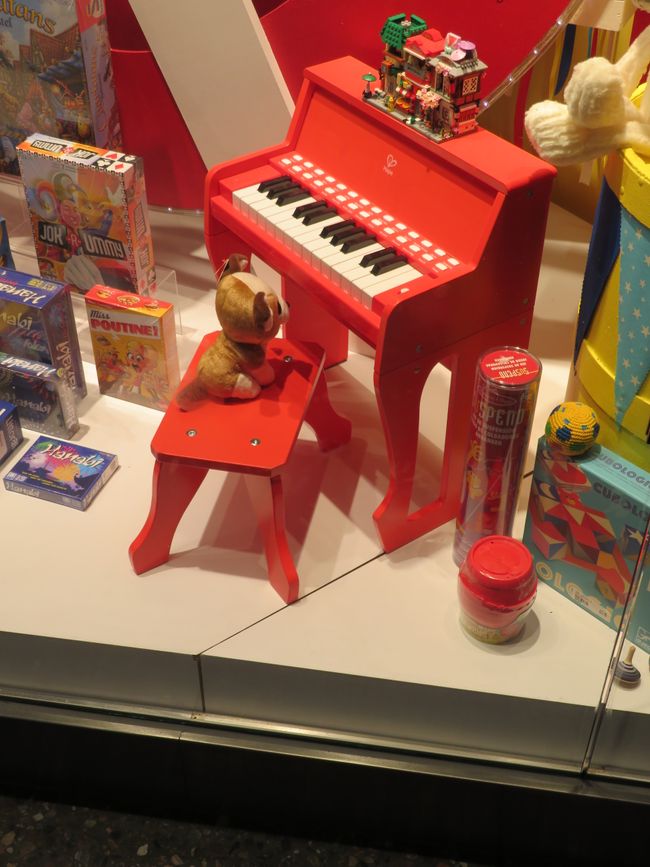
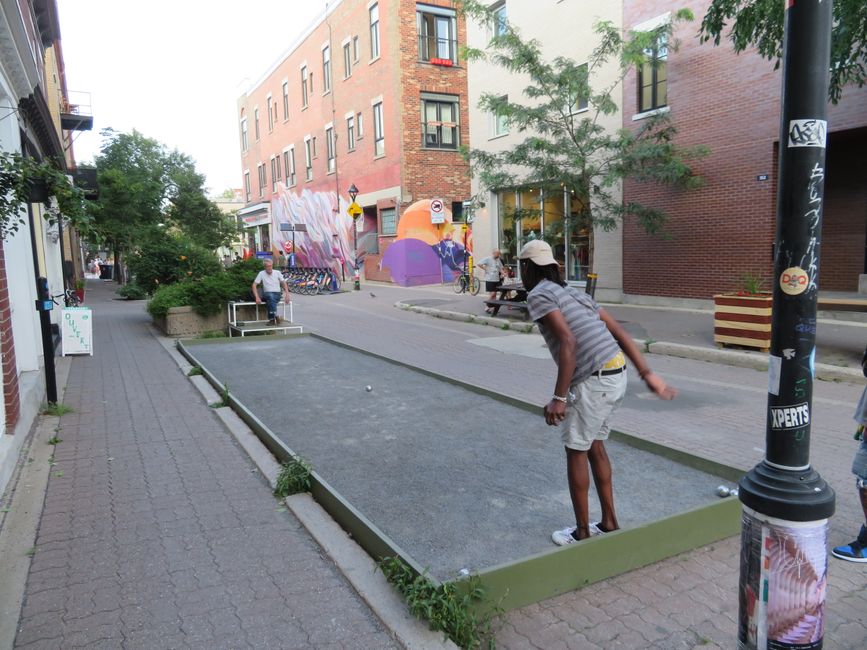
אַבאָנירן צו נעווסלעטטער
Sitting at school desks, two rooms in a shared apartment, and the nightly question 'To your place or mine?' - we are teenagers again! At least for the last two weeks in Montreal.
We were placed in the dormitory of our language school in an international 5-person shared apartment. Our housemates are in their early 20s and come from Brazil and some European countries. It didn't take long for us to agree on English as our common language. Barely arrived, we already outed ourselves as typical Lummerlanders. We first had to clean thoroughly and take out the stinking trash, which was generously forgiven with a reference to our cultural background. 'Well, Lummerlanders are a bit cleaner and tidier, aren't they?' But since everyone here has a sense of humor and doesn't take themselves too seriously, we can joke around, chat relaxedly, stumble over words when the right vocabulary is missing, and munch on our housemates' walnuts. Mistakes are human! And that makes living together here so pleasant.
Our language school, on the other hand, takes itself very seriously. It has made it its mission to really teach us something, primarily discipline. All newcomers were presented with a type of penalty catalog detailing what happens in the event of delays, scaled according to the number of minutes: If you are 5 minutes late, a simple apology and a promise to improve will suffice. If you are more than 15 minutes late, you have to spend an additional 15 minutes on the penalty bench before you are allowed to crawl into the classroom. If you are more than 30 minutes late, the penalty bench awaits you for an additional 30 minutes plus a conversation with the director. What happens to us in the event of repeat offenses, we prefer not to write here...
Just as strictly enforced is the policy against speaking one's mother tongue within the school building (whether in the classroom, during breaks, or in the girls' restroom). The first time, there's a warning; the second time, a conversation with the director; and the third time, a reprimand. Harsh rules. Especially for those who have taken a beginner's course, we feel sorry for.
Mrs. Waas still has a lot of fun in her English class with many young Latinas, who bring energy to the lessons and, fortunately, lack the necessary seriousness. Although Mrs. Waas is not exactly that classy, she loves to laugh along. Mr. Ärmel has it a bit worse. Not only does his French teacher lack humor, but the classmates seem unable to engage in casual conversations. These course participants would rather stick earplugs in their ears and seem genuinely disturbed when approached.
However, to satisfy our communicative needs, we discovered 'Gouter francais' or 'English Teatime'. Here, people of all ages and from various countries come together once a week to speak French or English together. These are very nice gatherings, and you definitely get to know people and cultures you would otherwise never encounter.
However, after 1.5 hours of French conversation, we were sweating.
We liked Montreal a little better each day: In the city center, you quickly come across street performers, mostly musicians, sometimes also painters. Near our hotel, a stage is set up for changing festivals. We encountered stand-up comedy and a queer festival during our time here.
For us, it was nice to stay in one place a bit longer with a somewhat normal workflow courtesy of sitting in class – this allowed us to step away from the tourist perspective and imagine living in a city like Montreal. And Montreal is a good place to live.
However, one must not fall into overly idealistic praise: Contrary to how it often appears on European television, there are also strikingly many homeless people here, some openly consuming crack and other substances, as well as many signs of elder poverty.
Additionally, you have to make adaptations if you want to live here. The search for genuinely fresh bread is quite tedious, as is the search for vegan products, organic products, and fair trade items. There are still many market gaps to close here.
Montreal seemed almost inexpensive to us compared to New York and Long Island, but you have to spend a lot of money in the supermarket here – and sometimes it’s not easy to get the right quantity, as tissues are often offered in economically sized 48-pack packages, which doesn't quite fit our backpacks. Also, the North American cuisine and we will not build an intimate relationship anymore. But if you look for it, you can also find more alternative spots that offer Indian, Afghan, or vegan cuisine. However, Montreal is by no means a European city in North America. It comes across as very American, even though sometimes you really only get by with French. The mostly Francophone Montrealers almost always switch to English quickly, although many show clear signs that it is not their native language. We ourselves had some slips of the tongue while constantly switching between English, German, and French. Especially since Mrs. Waas was supposed to speak only English in school, and Mr. Ärmel was supposed to speak only French, which consistently would have complicated our moments together during breaks significantly. Overall, while Montreal may not have the charm of Quebec, it is very manageable here.
For food and hanging out in the evenings with street musicians standing on specially set up small platforms, you can go to Rue Duluth. Both here and at many other locations, there are public seating areas and also reclining areas, so you can find a spot for yourself even if you bring your own food or are homeless. The many young police cadets roaming especially in the city center remain very reserved and appropriate in their dealings with the homeless.
But alongside all these everyday observations, we must not forget the tourist perspective. So we climbed Mont Royal at 30 degrees Celsius, which gave the city its name and received its name as early as the 16th century. From the lookout platform, you can overlook Montreal's skyline, which, although it has its skyscrapers, is built more horizontally. On Mont Royal, you suddenly feel almost completely away from the city. Here you encounter cyclists and people with their dogs and walk through freshly renatured forests, feeling almost as if you’re in Thuringia – except that the squirrels here are gray and the rabbits have bigger ears.
East of Mont Royal and north of the city center and old harbor (Montreal practically has no real old town), you find the more alternative corners around the mentioned Rue Duluth with small and larger public parks used for hanging out, sunbathing, and sports.
Sports are highly valued in Canada overall, and the old Olympic past is proudly presented in Montreal.
We decided to skip the botanical garden near the old Olympic stadium given the $23 entrance fee plus taxes. (In Canada, you have to factor in taxes in your head, which means a meal won't cost $20 but $23.46 or so + tip.)
What was definitely worth it were the $35 admission per person for the light show at Montreal's great church, Notre Dame, near the amusement park. It was simply incredibly impressive. Unfortunately or fortunately, we weren't allowed to take photos during the show, so we could fully immerse ourselves in the moment.
However, finding sleep is not easy at the moment. It is humid, and through the open window of our really centrally located dorm, the sounds of 'I will survive' come in from the nearby square even after 10 PM, while young people dressed for partying sit on benches not far from some homeless people, chatting over the music. But who needs sleep when you're a teenager again.
אַבאָנירן צו נעווסלעטטער
ענטפער (1)
oliver
Moin aus Bremen!
Wegen Zeitverschiebung ist es JETZT und HIER schon so weit, deshalb isses nich zu früh, um Unglück zu bringen, auch wenns bei euch noch n paar Stunden bis dahin sind:
Alles Gute zum Geburtstag! Mach Dir n Schönen und lass Dich verwöhnen :-)
רייזע ריפּאָרץ קאנאדע
